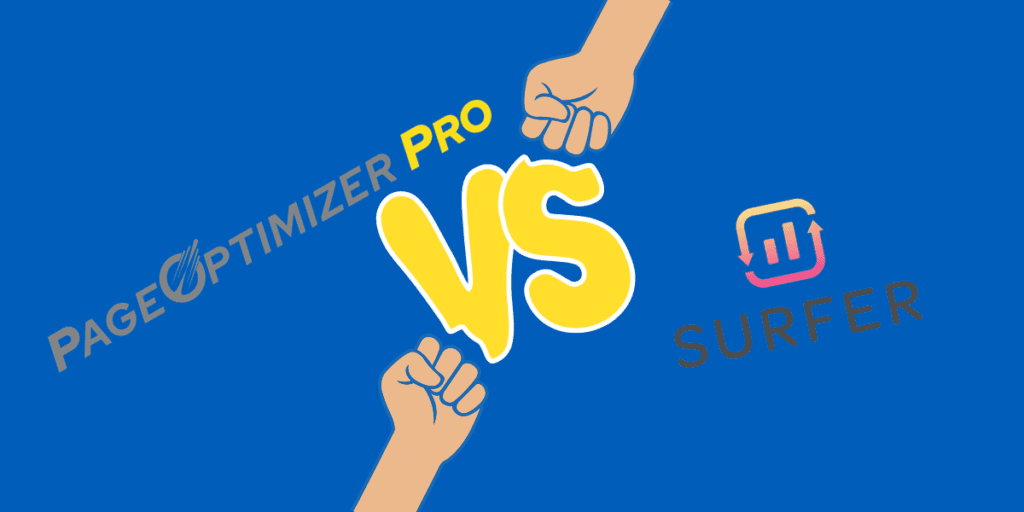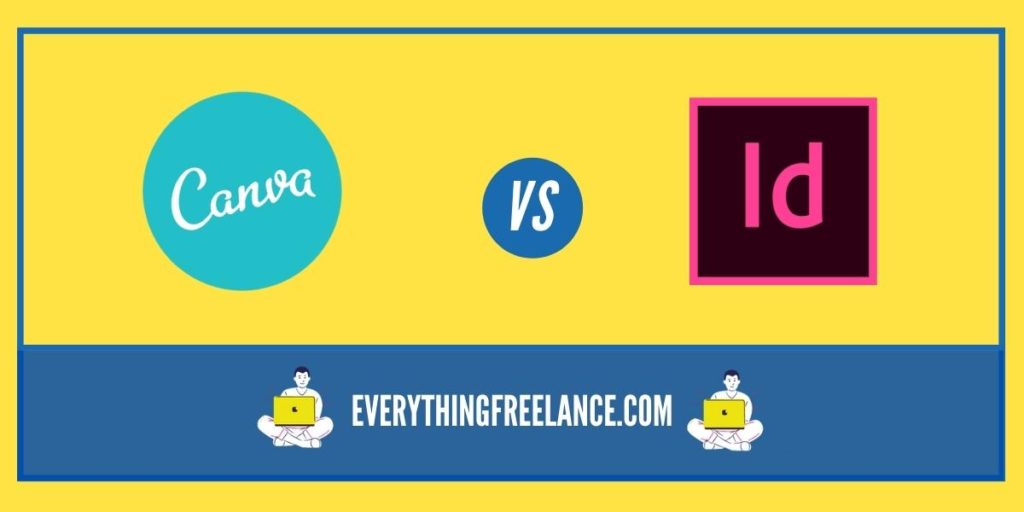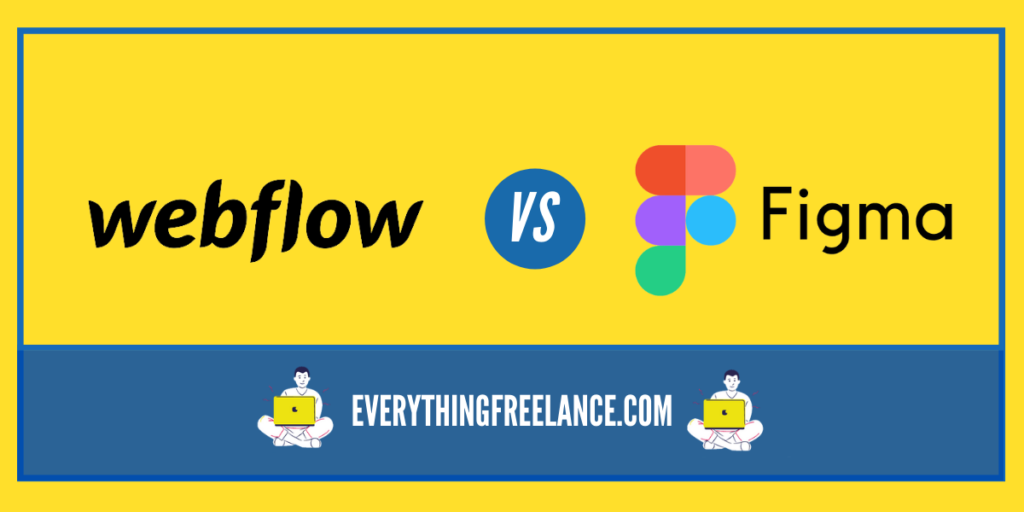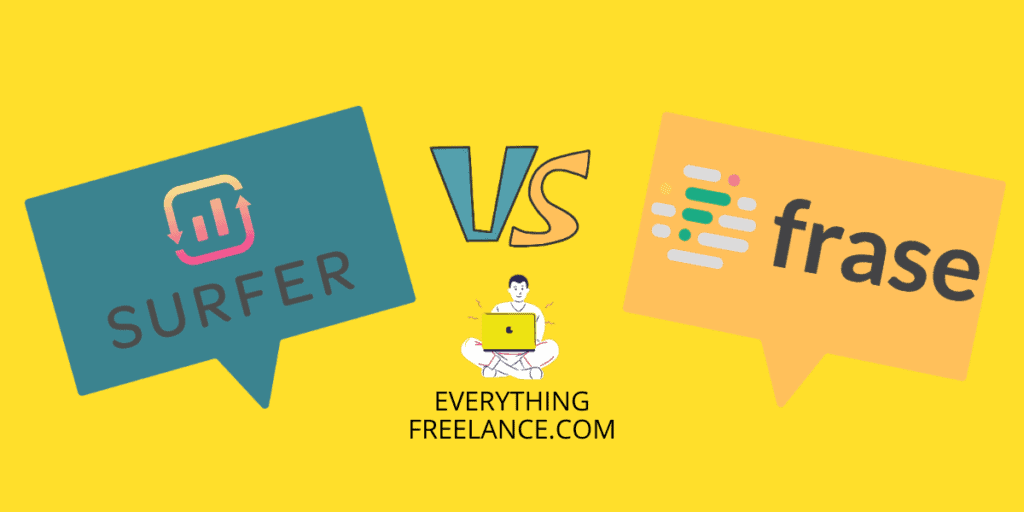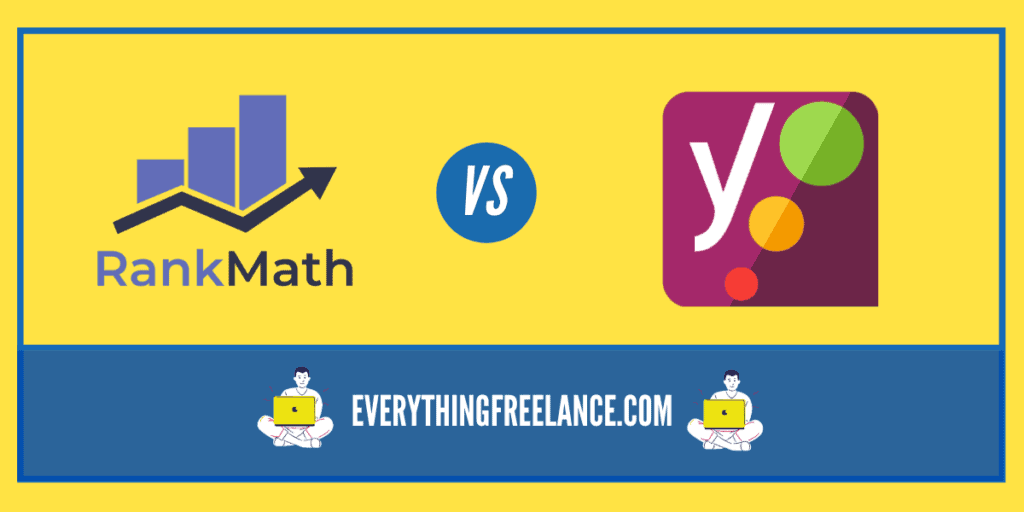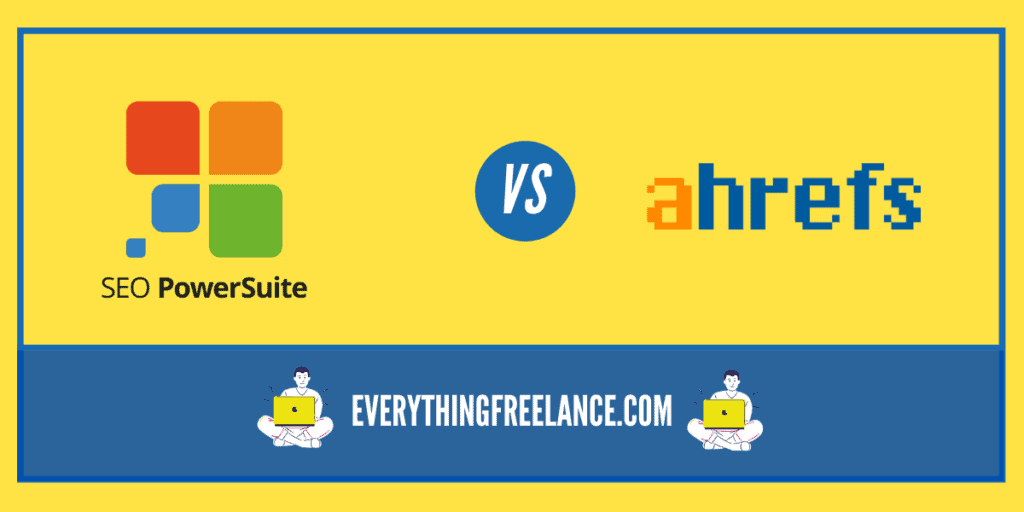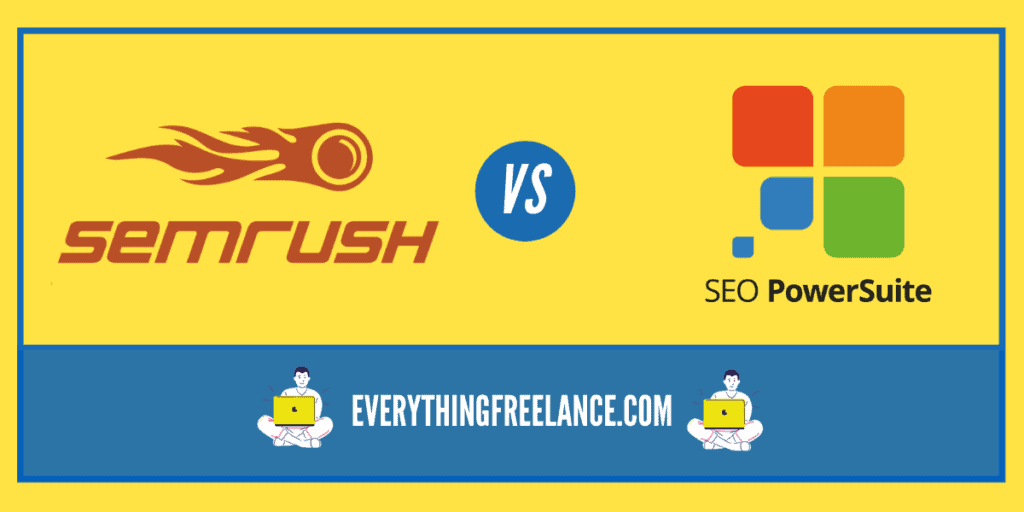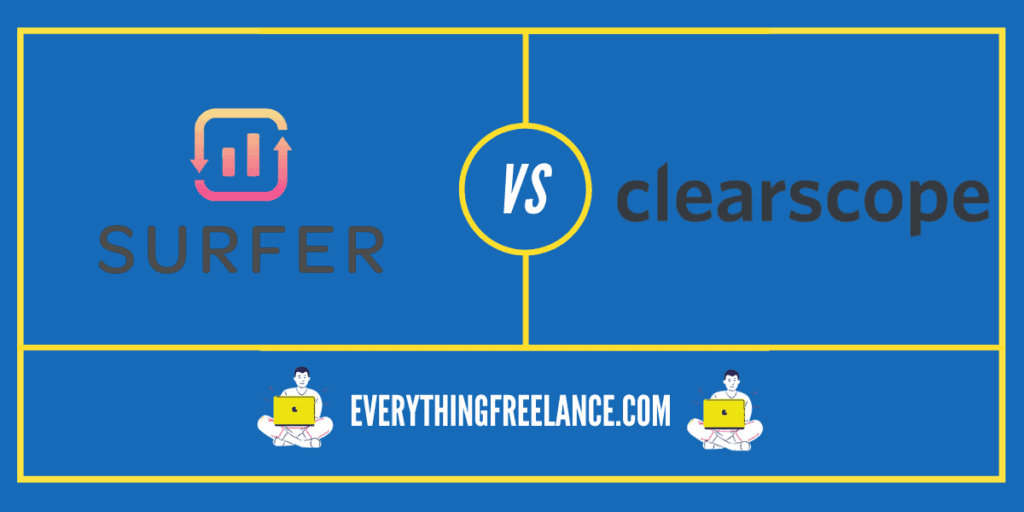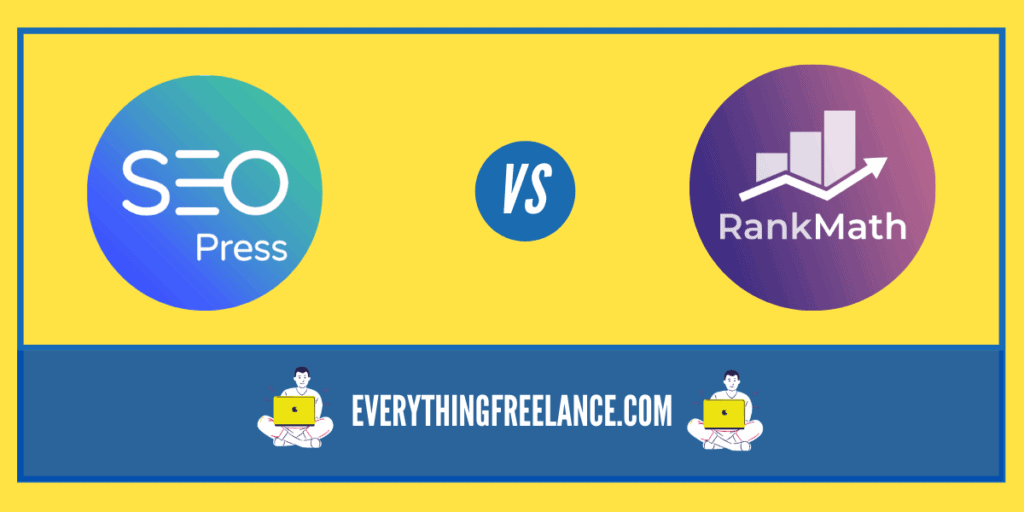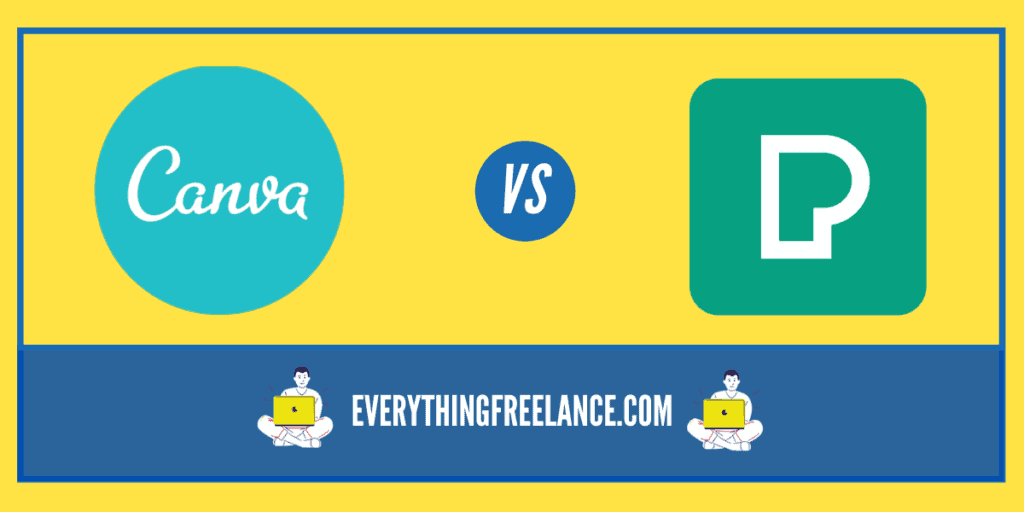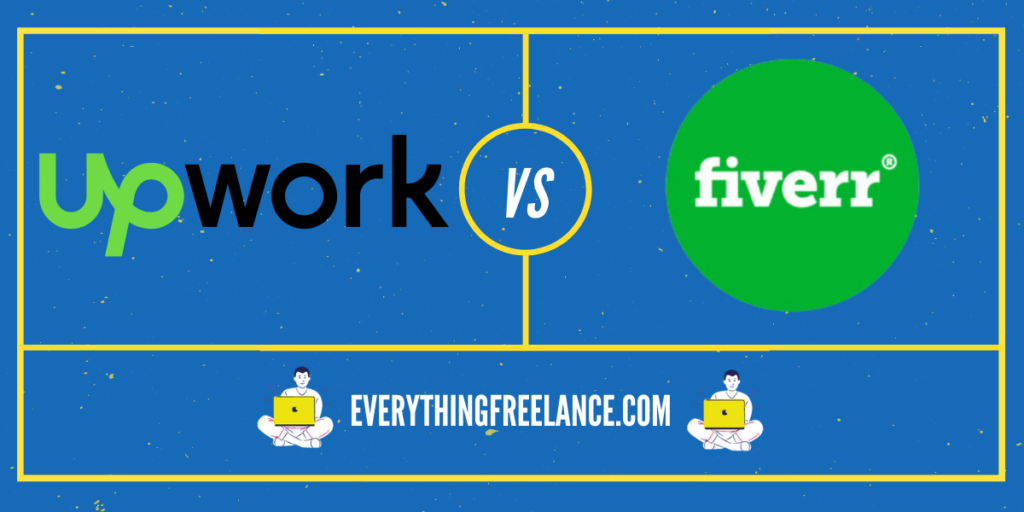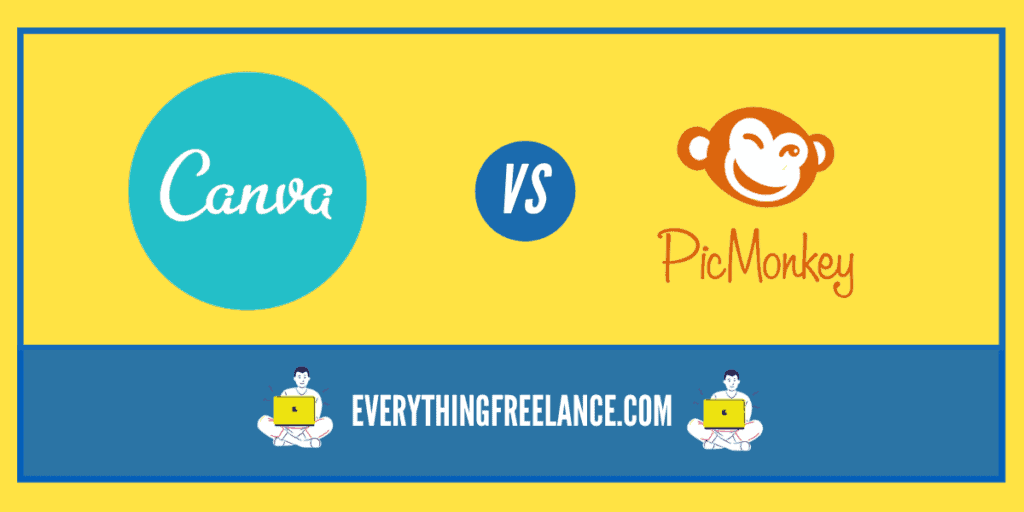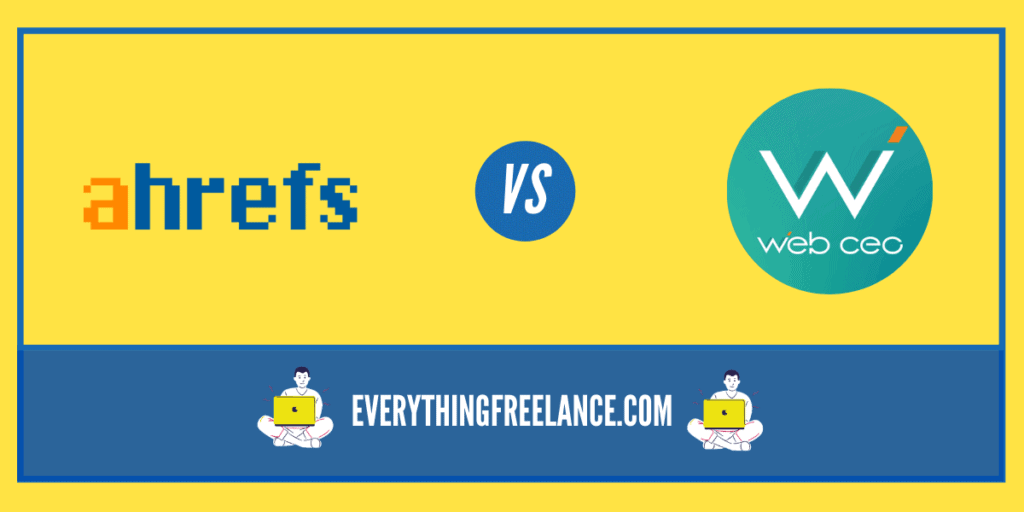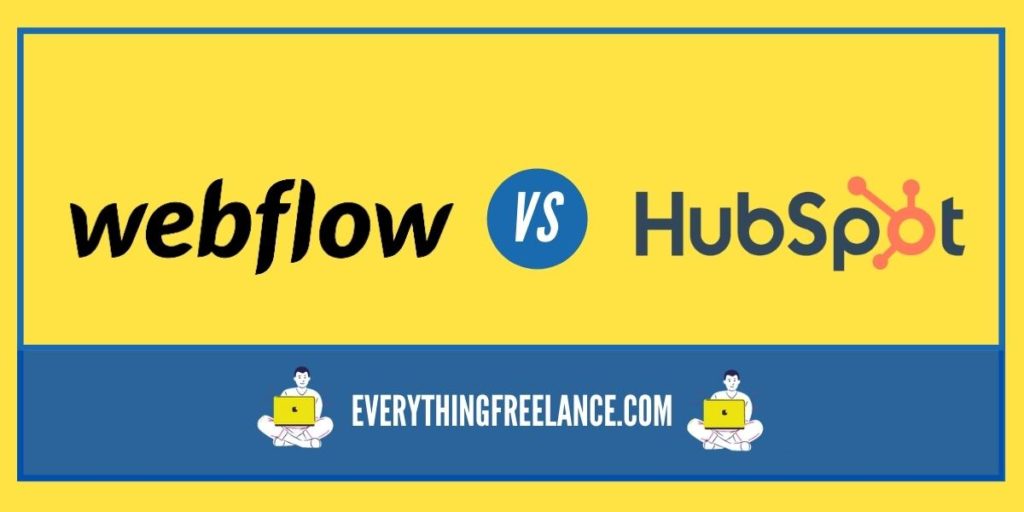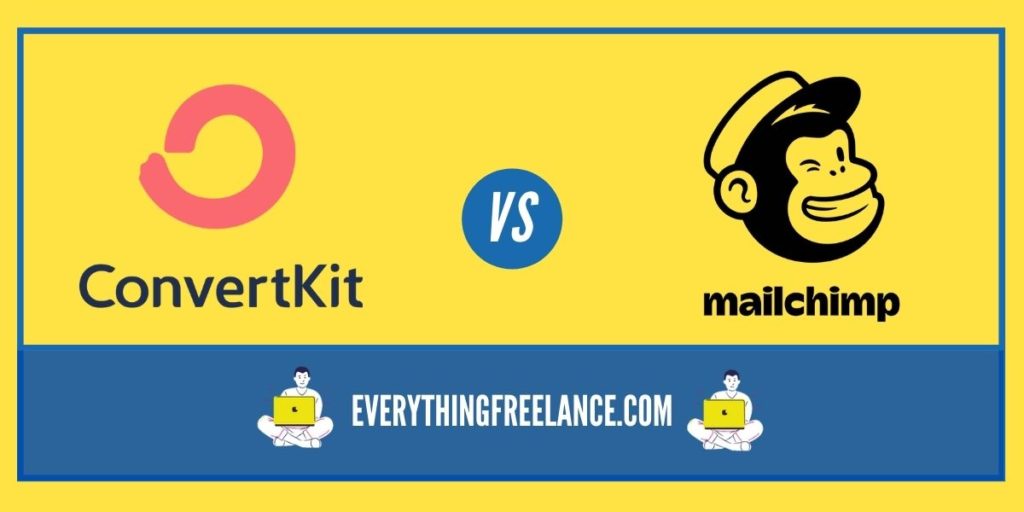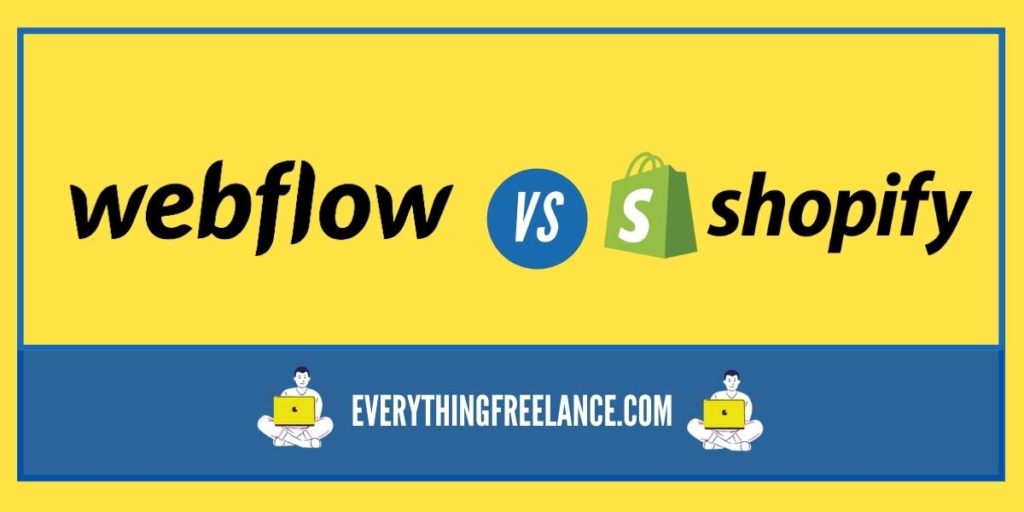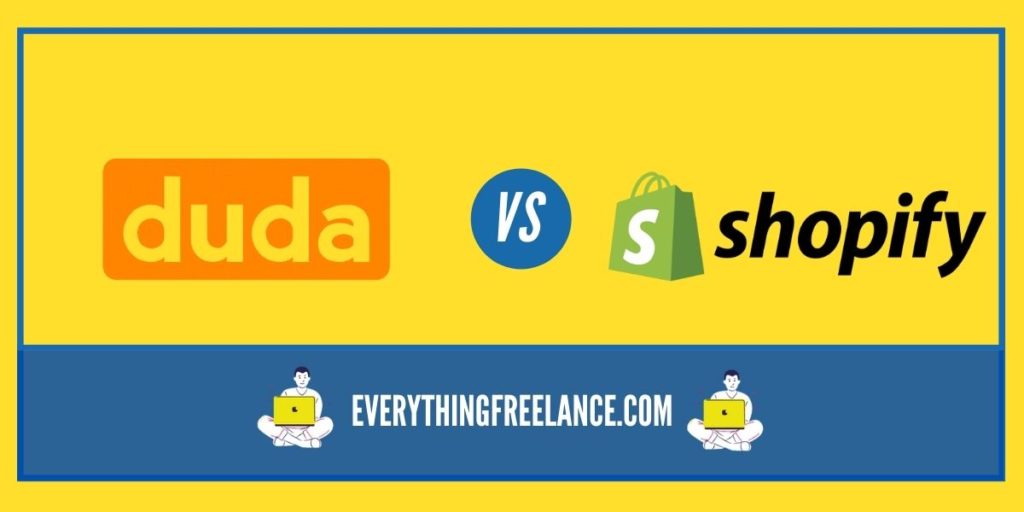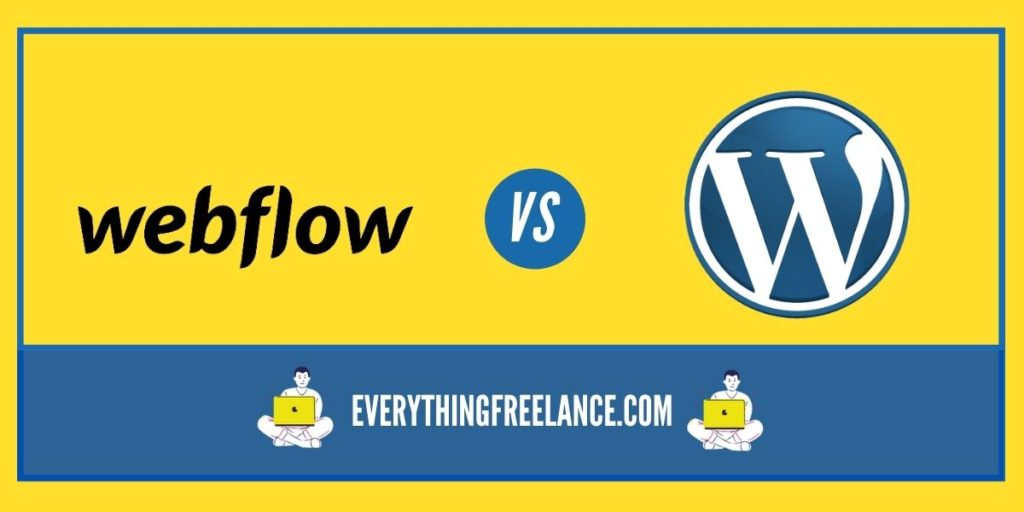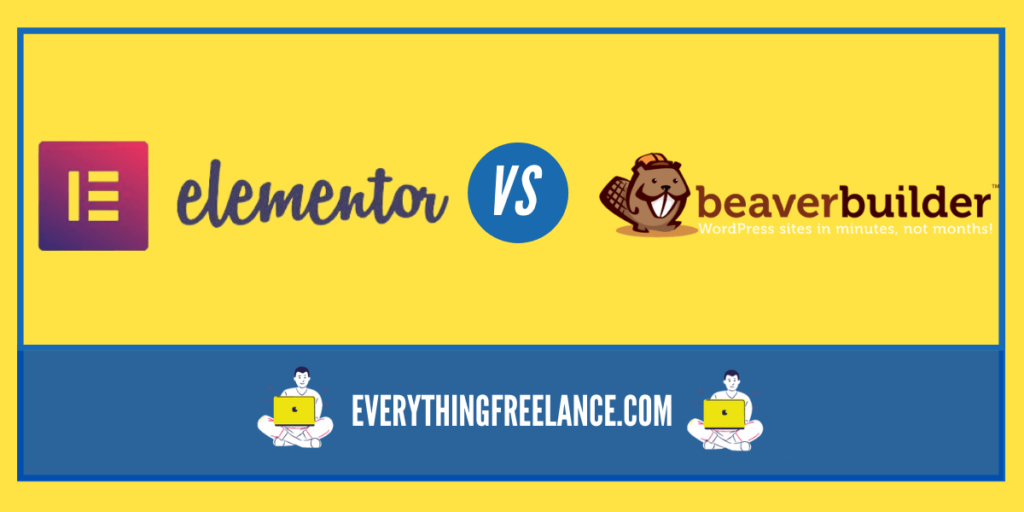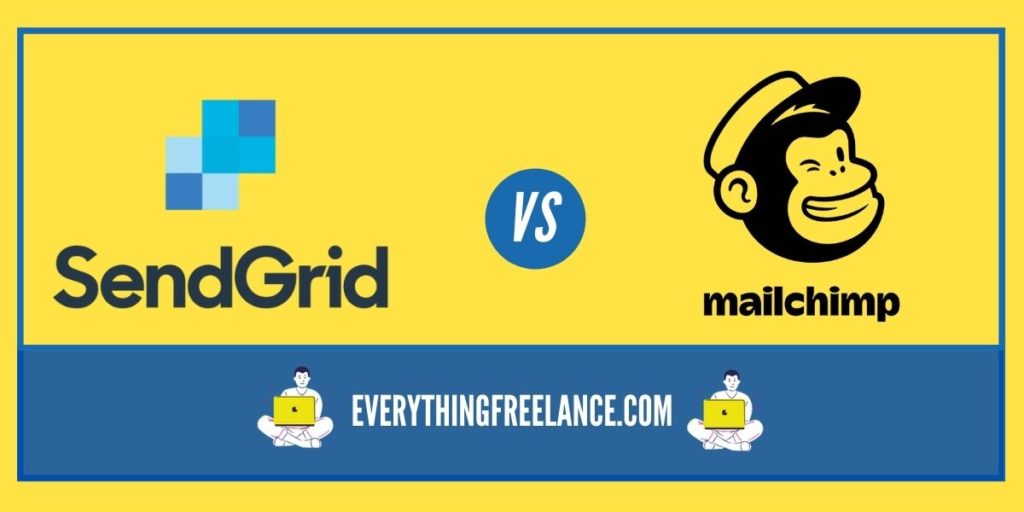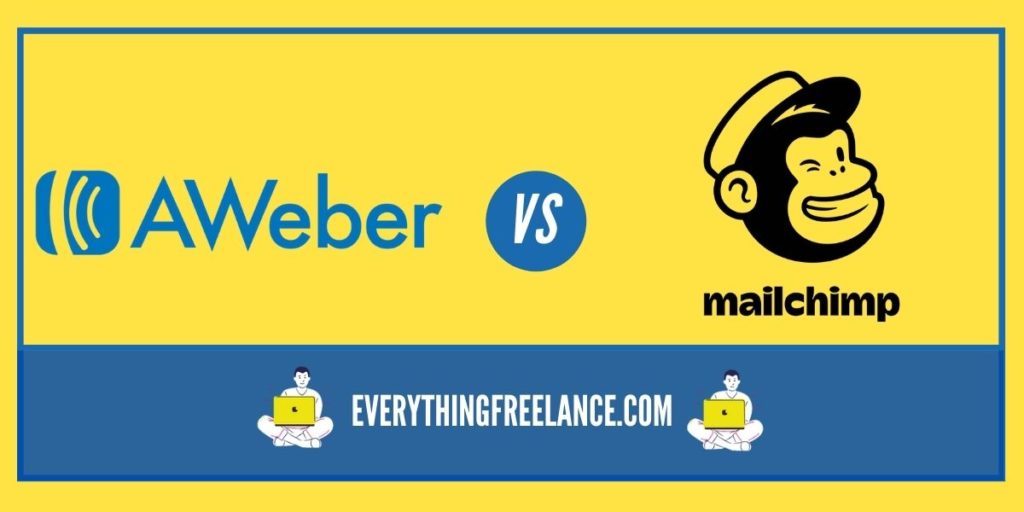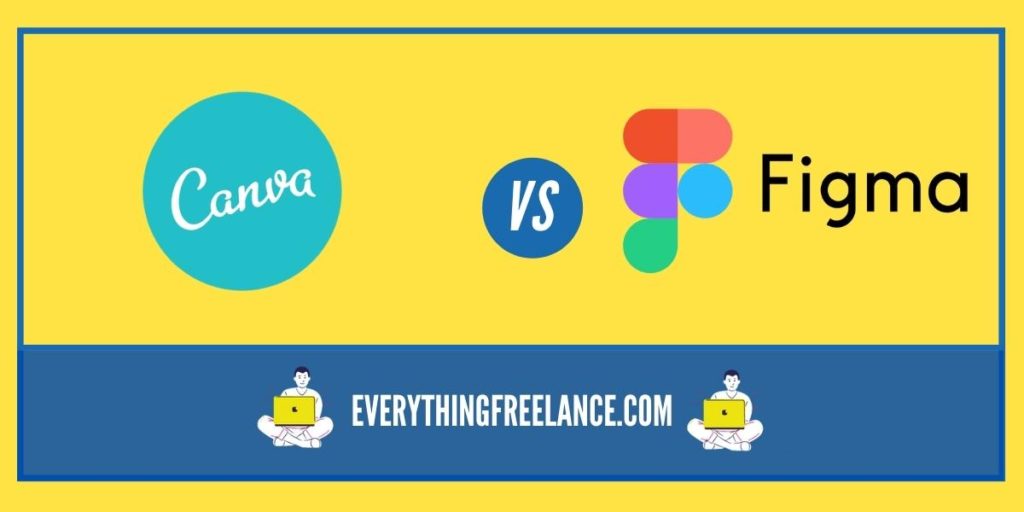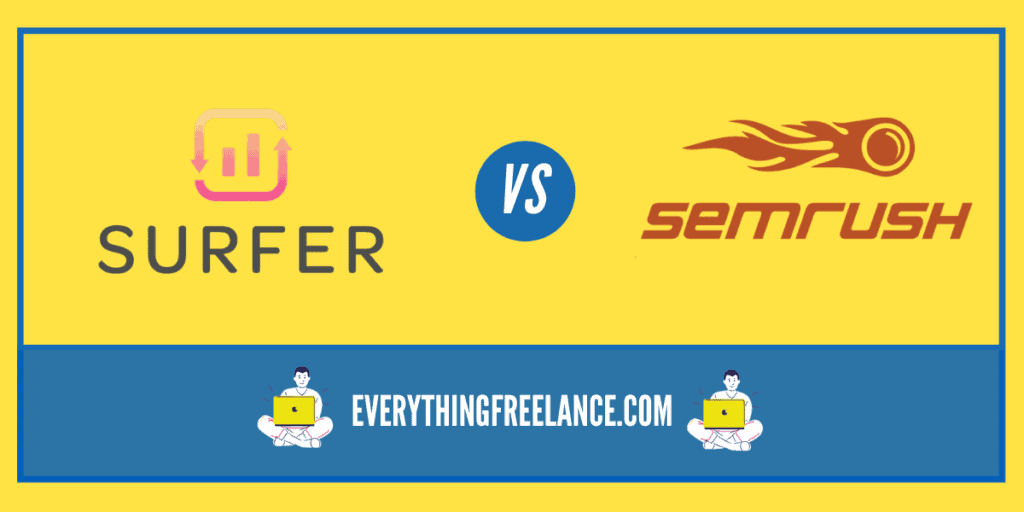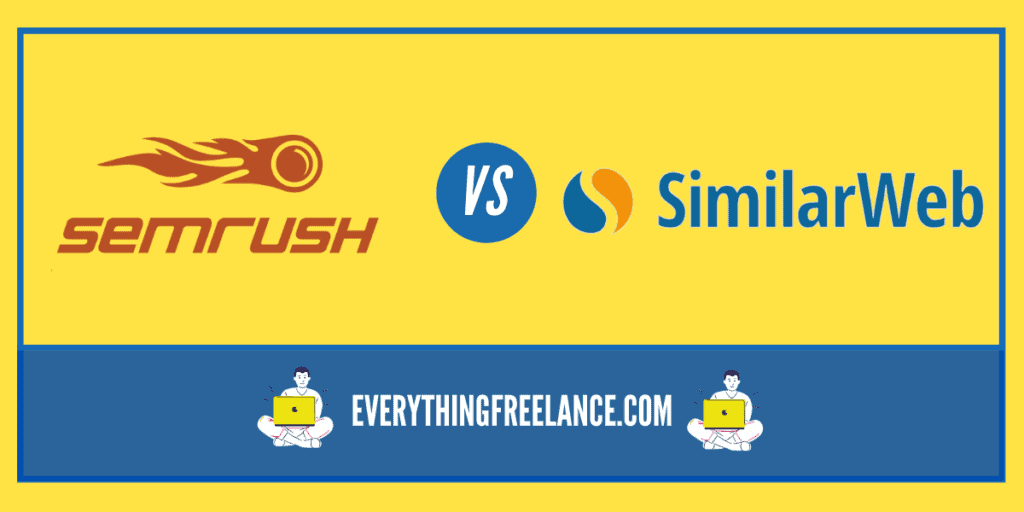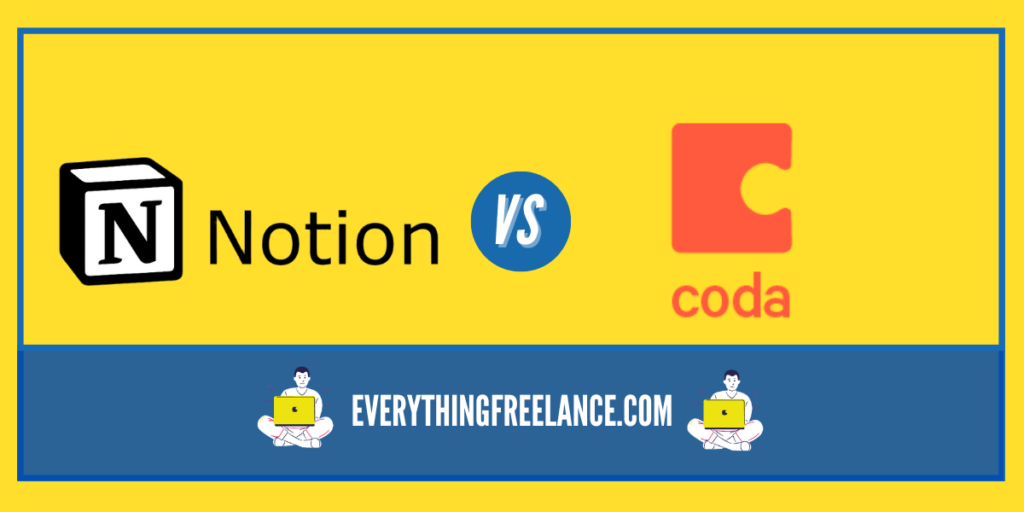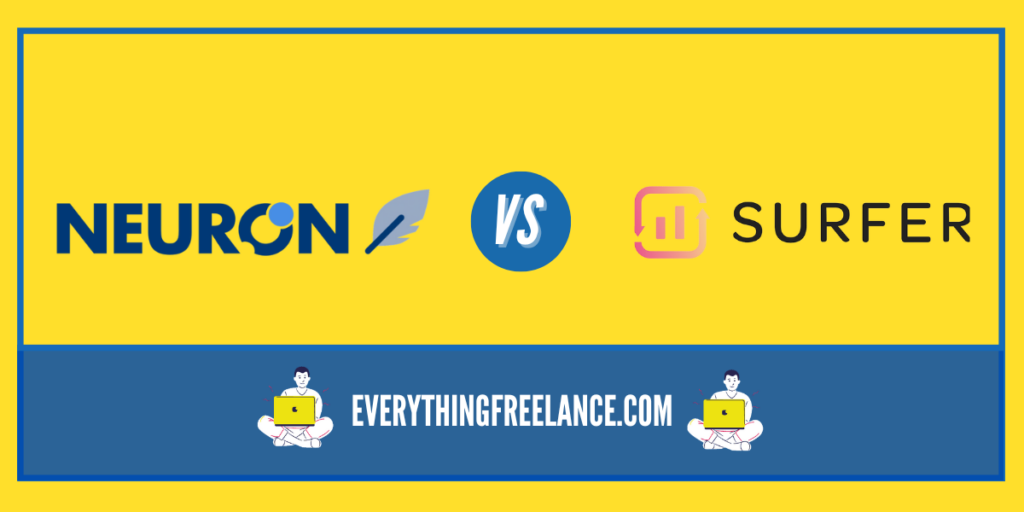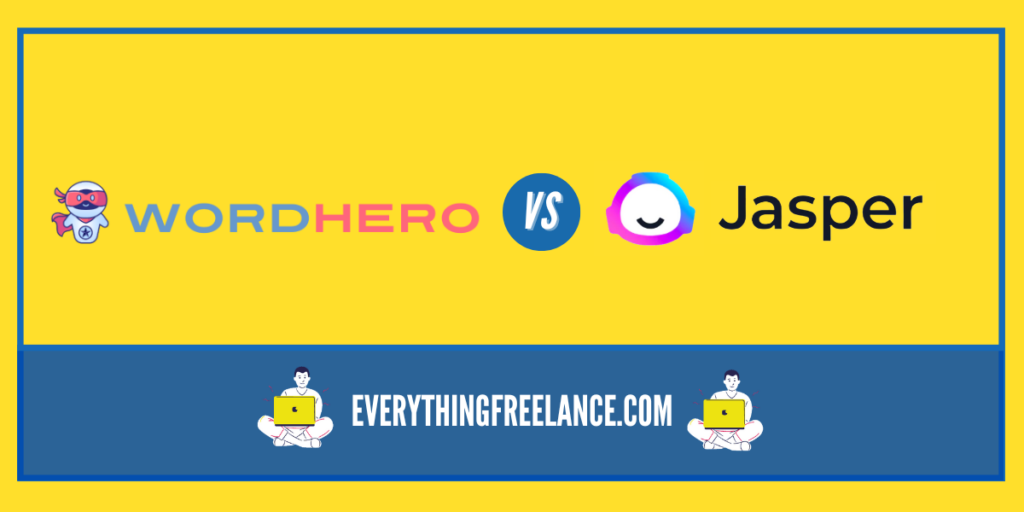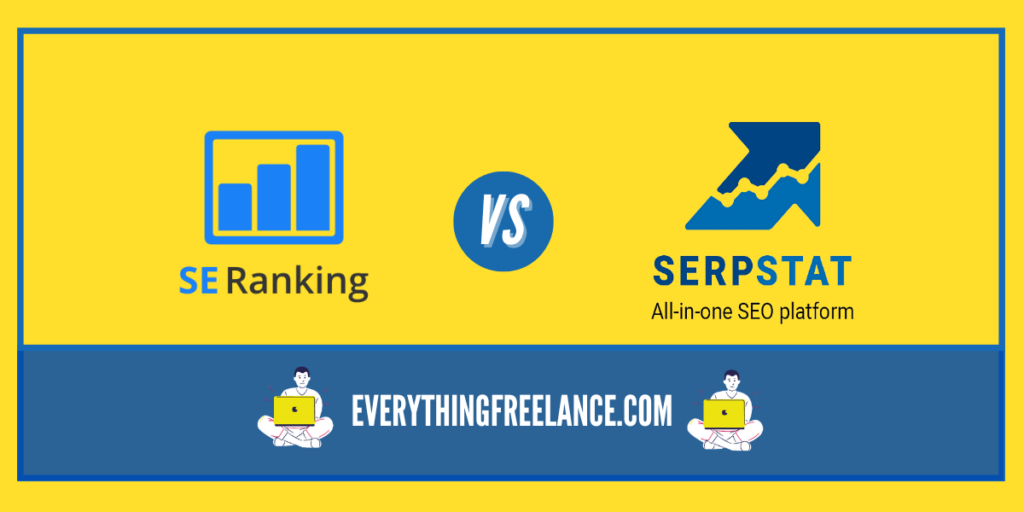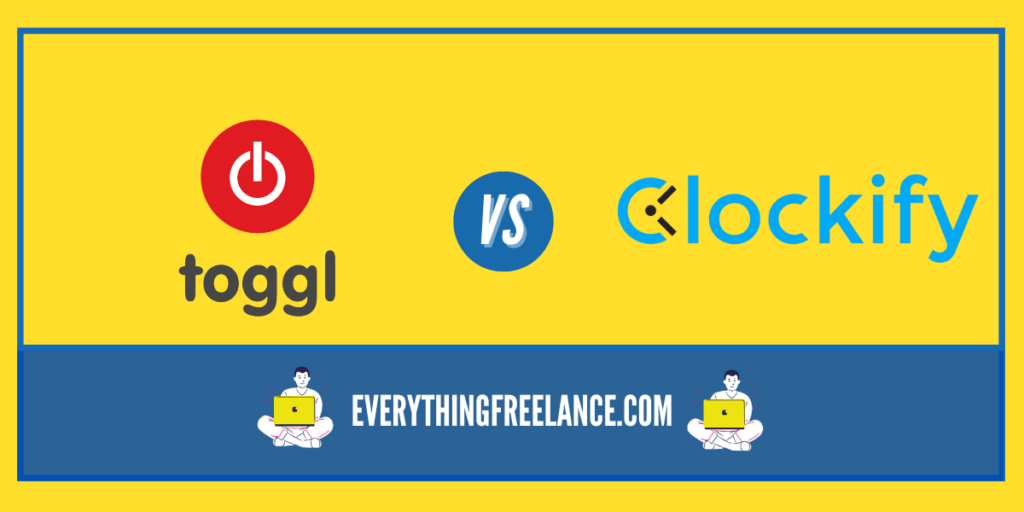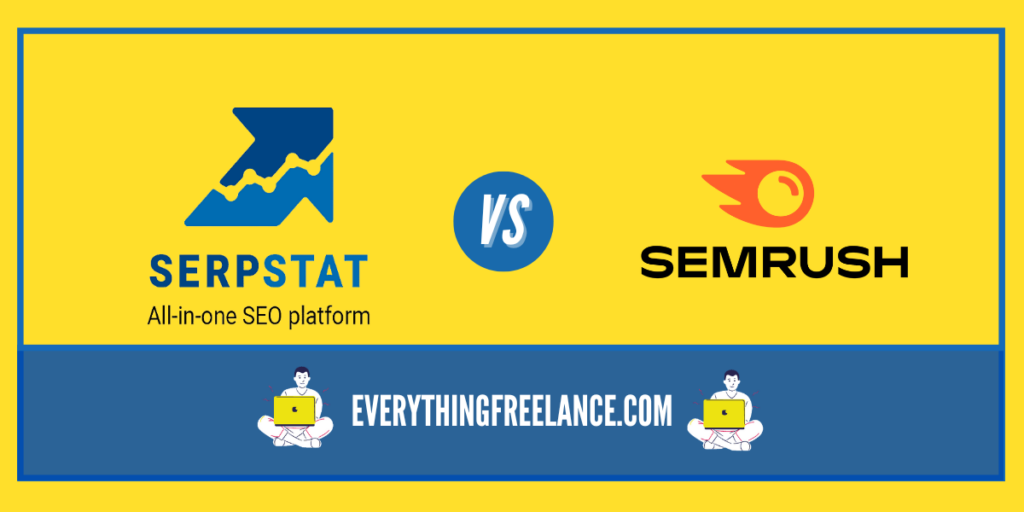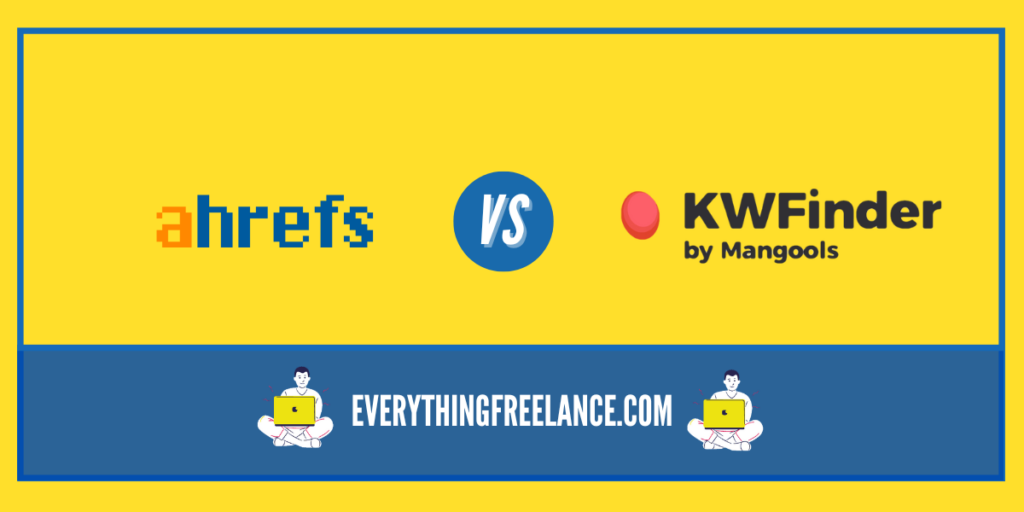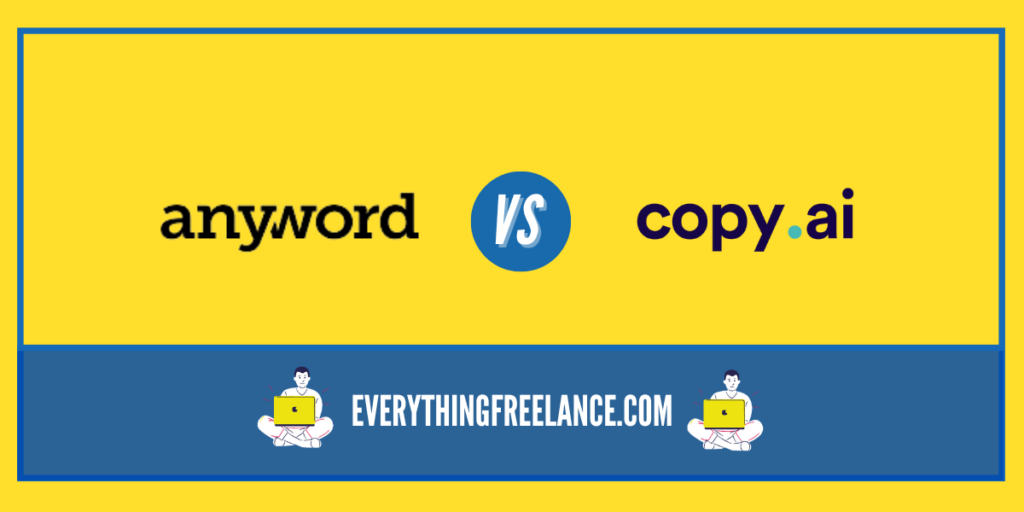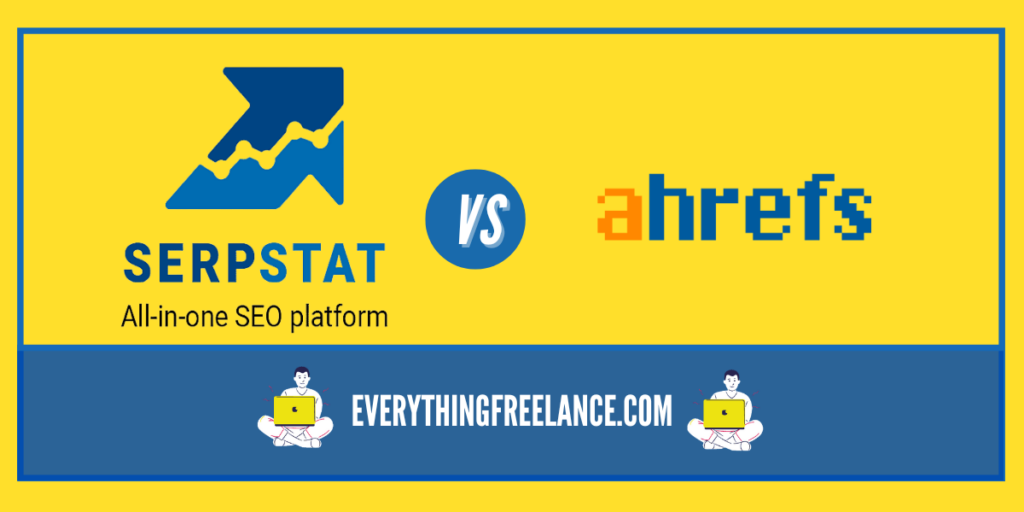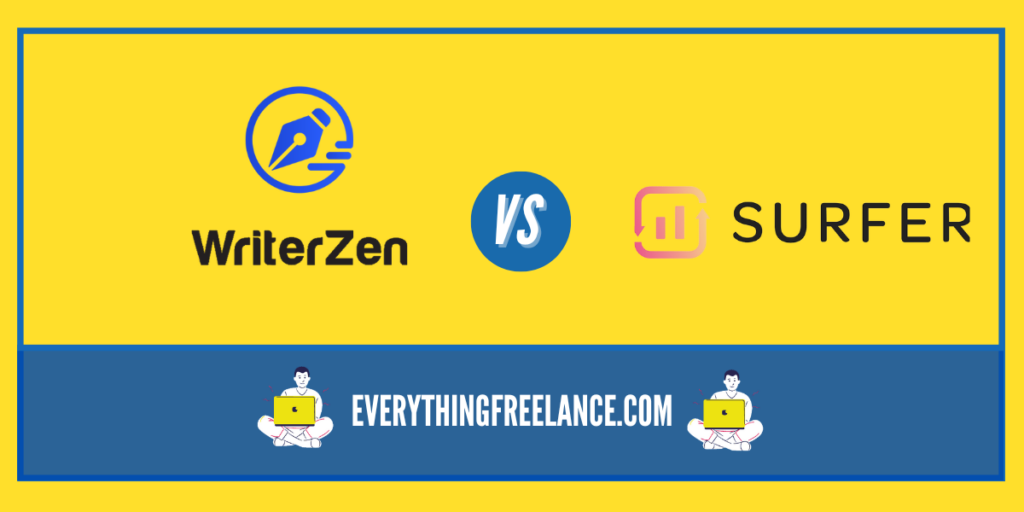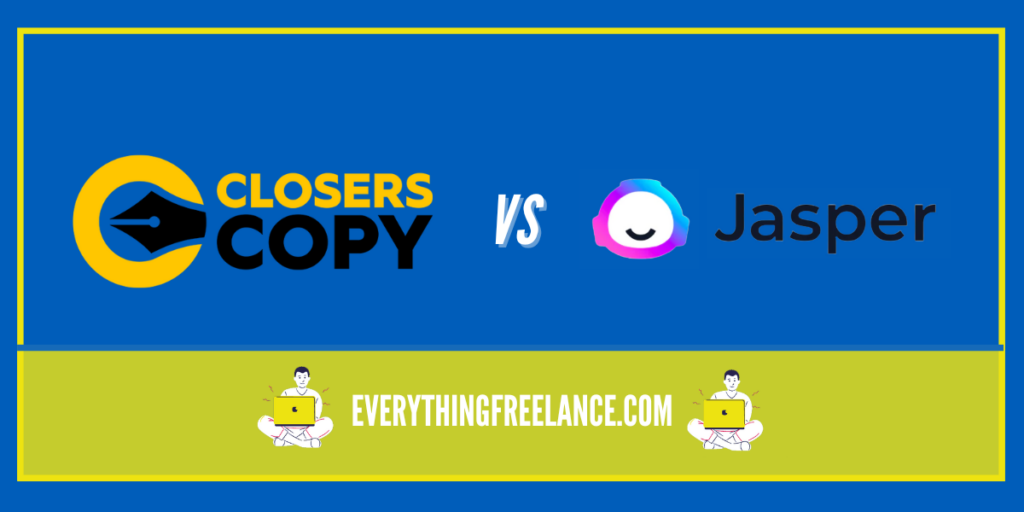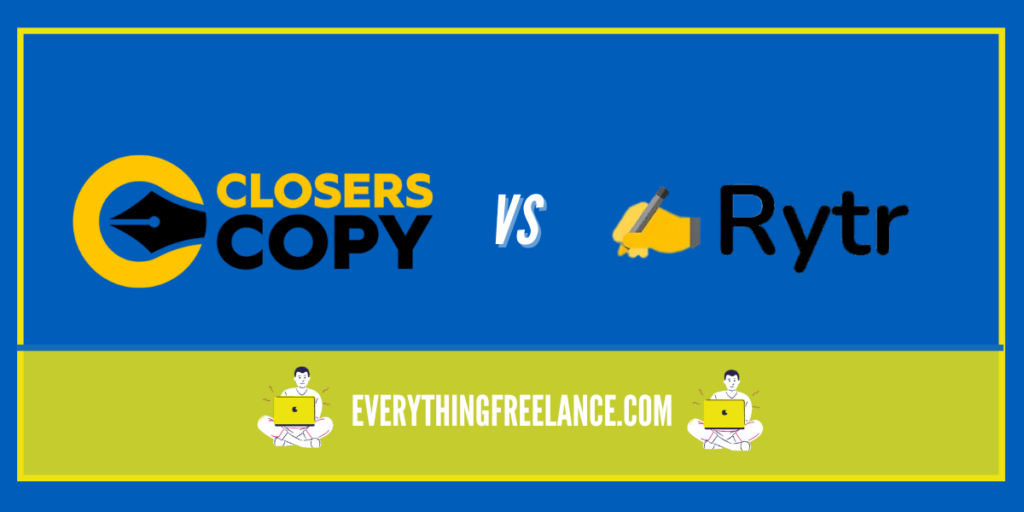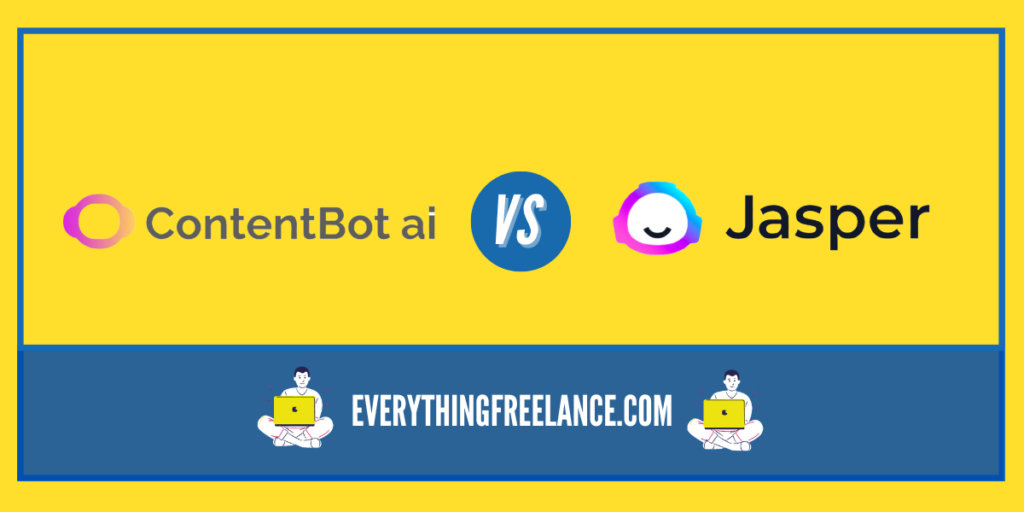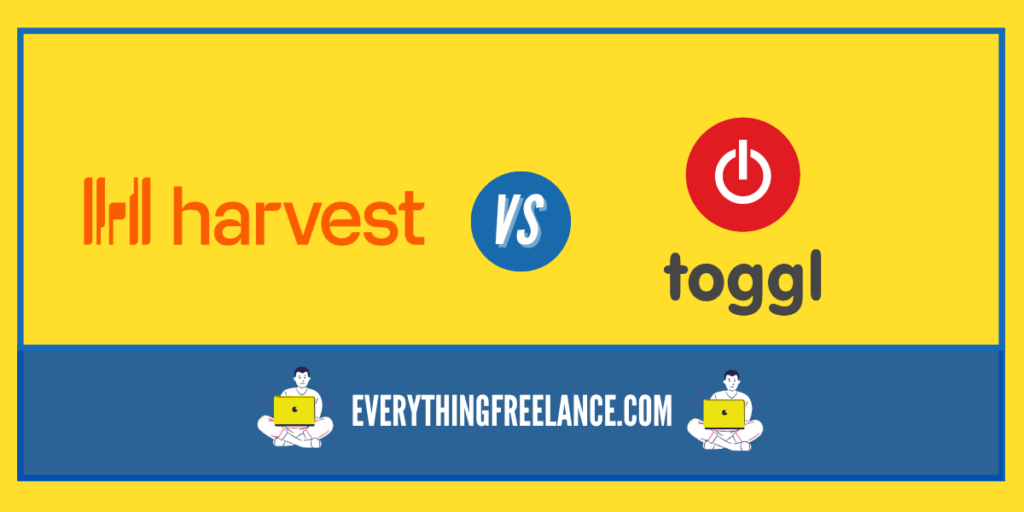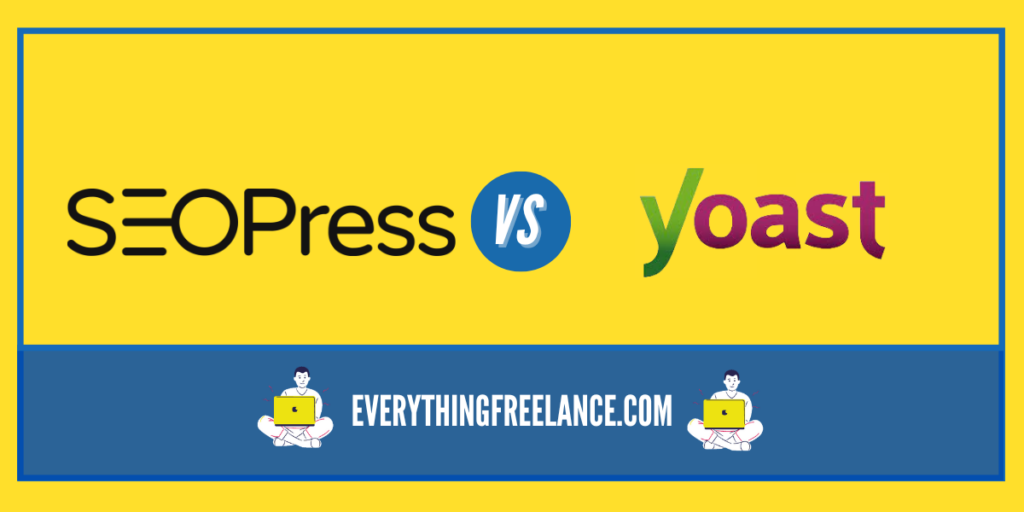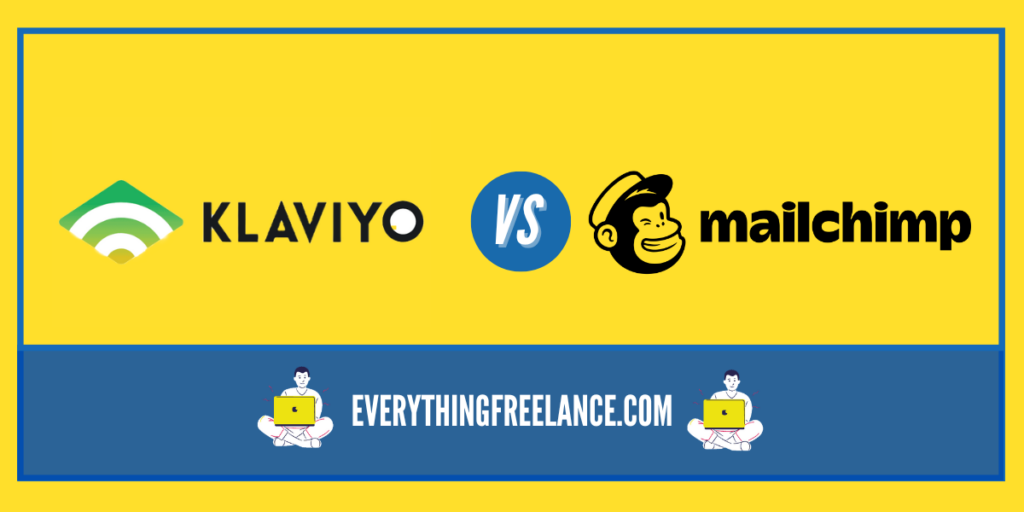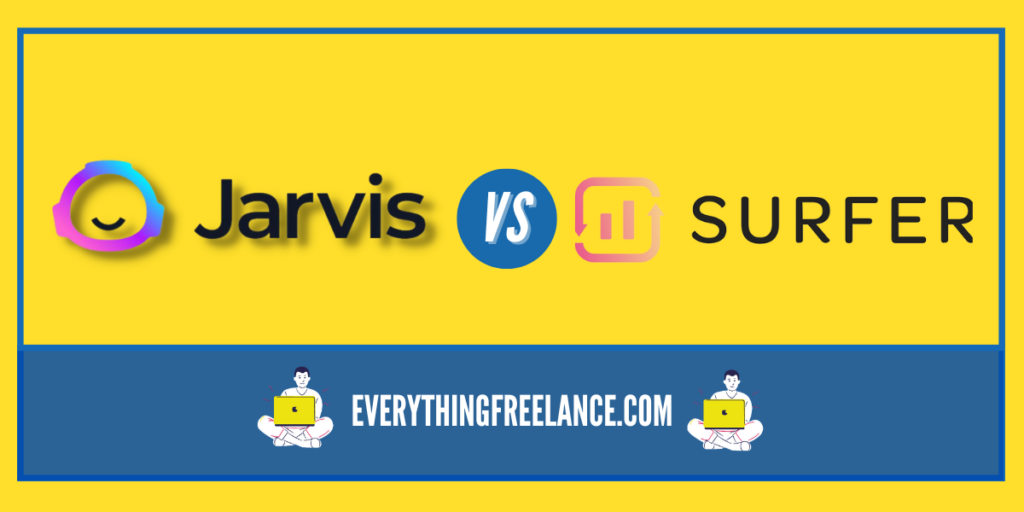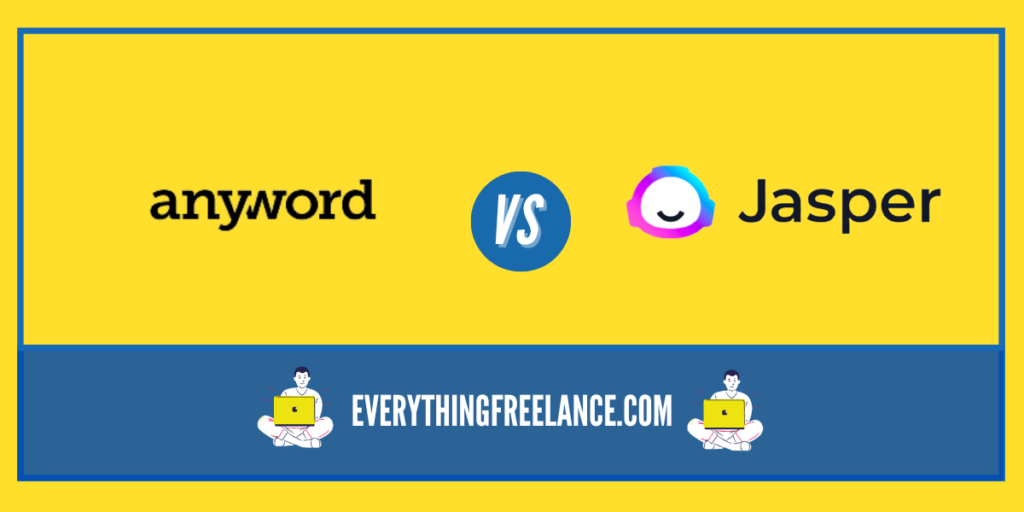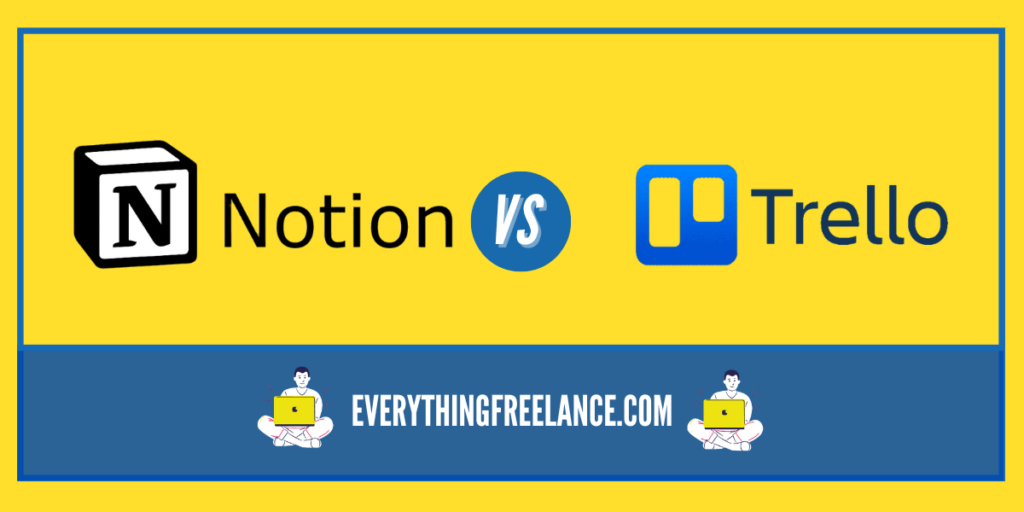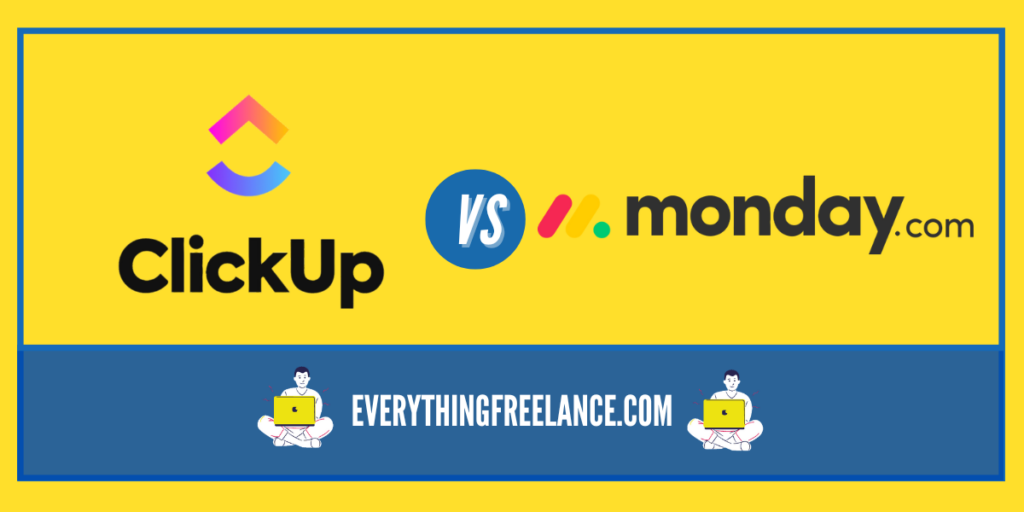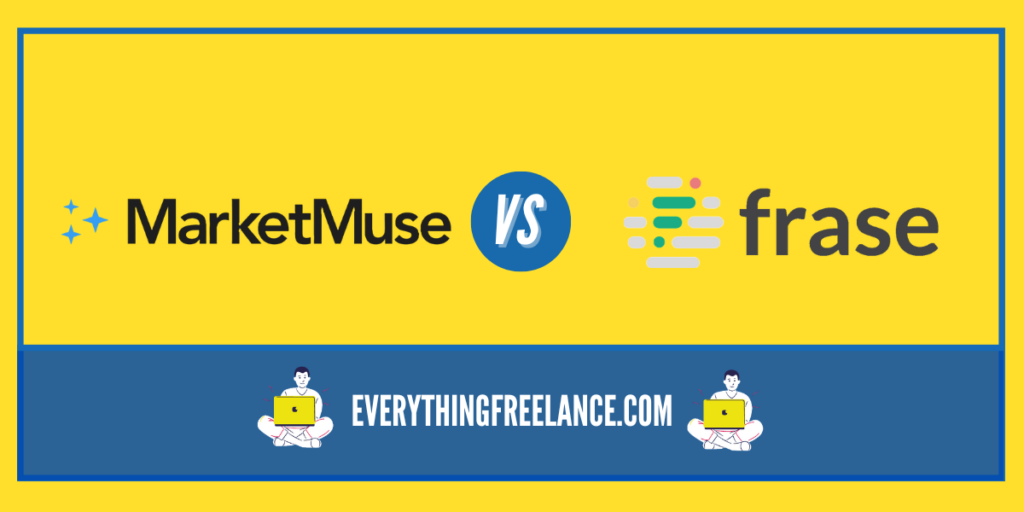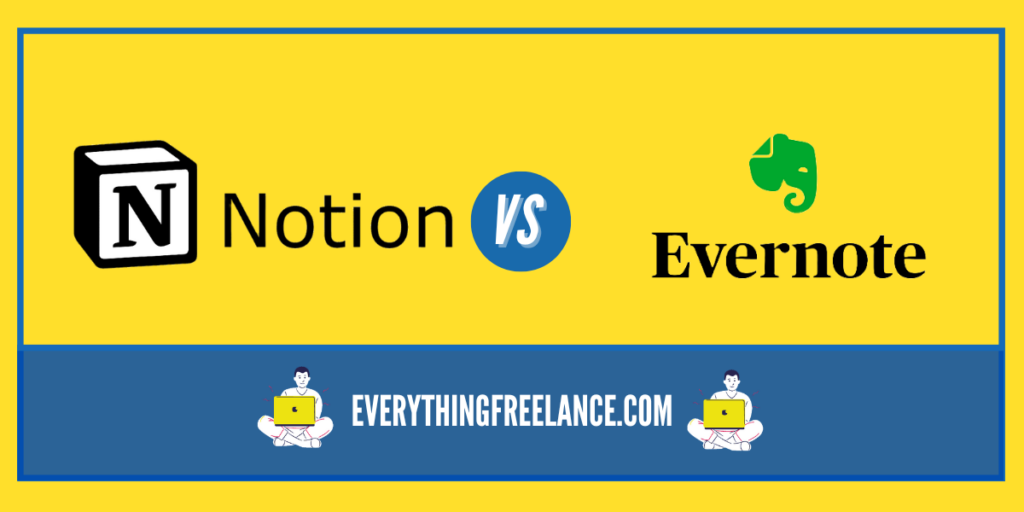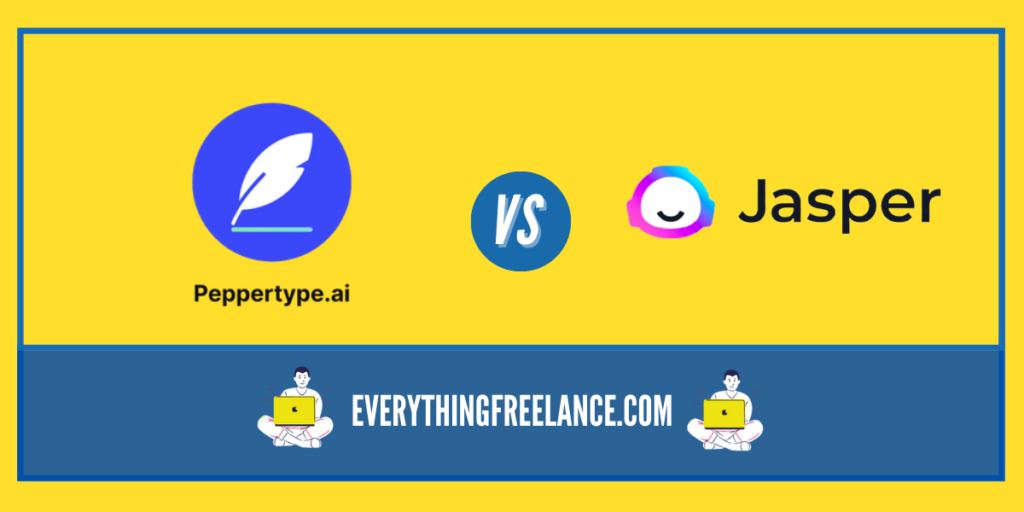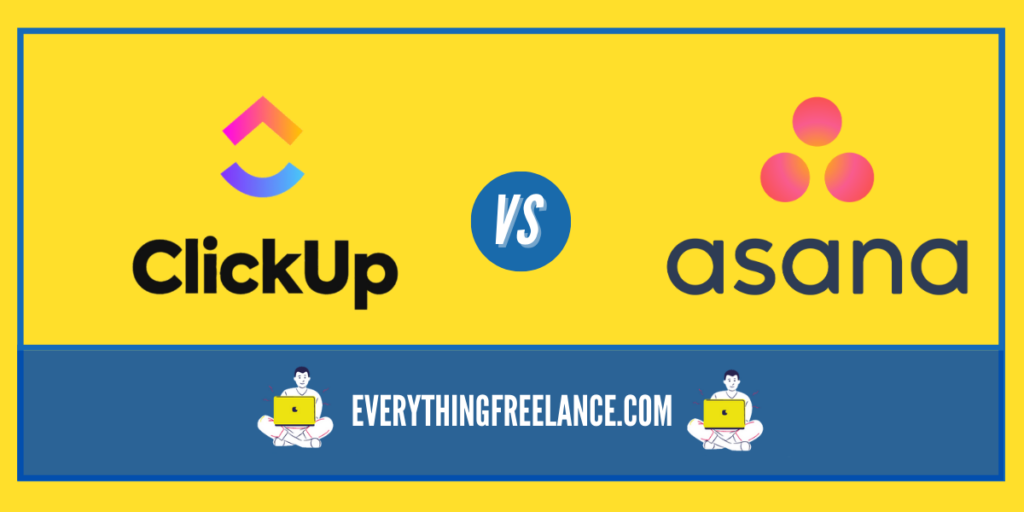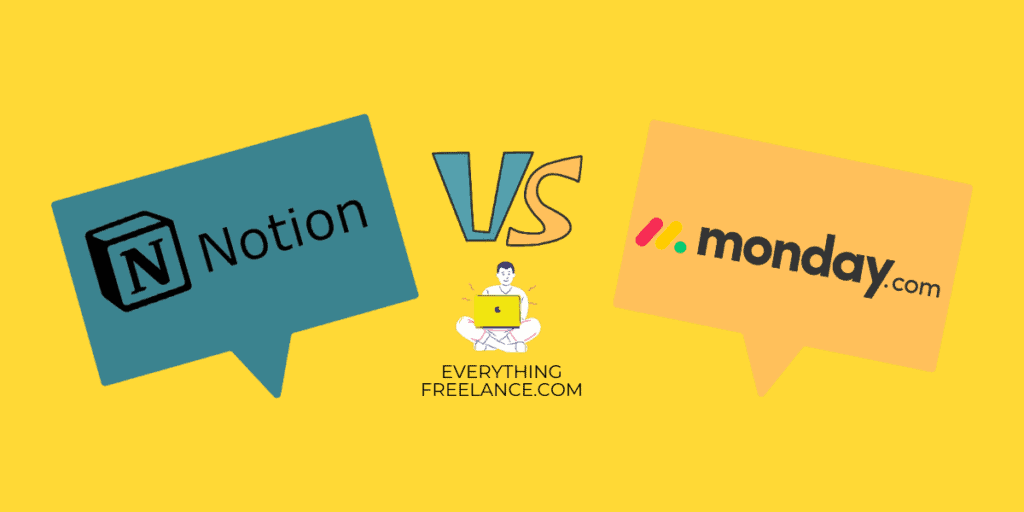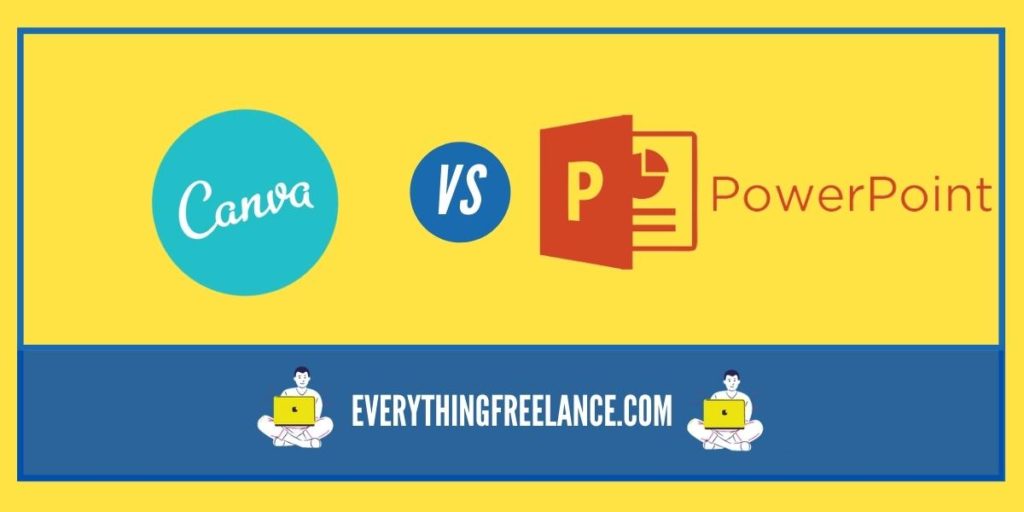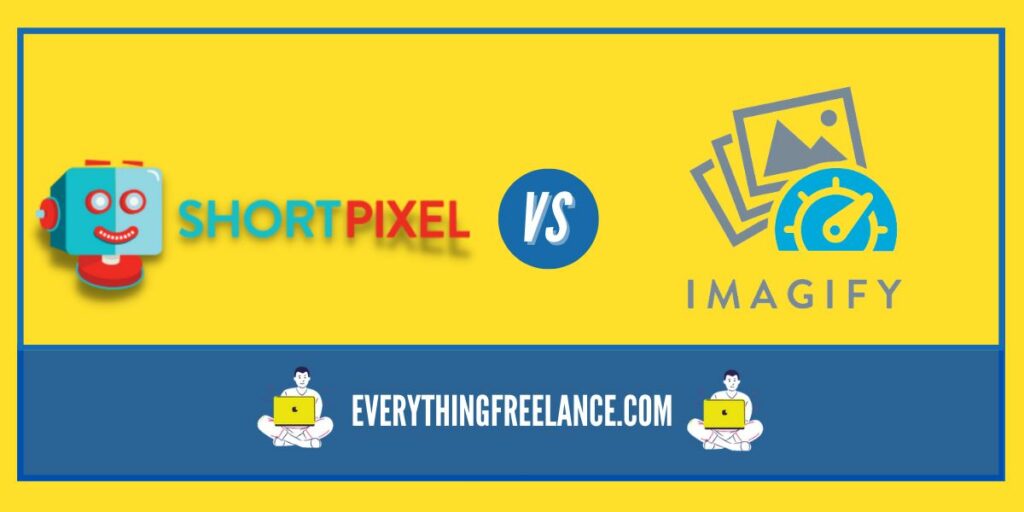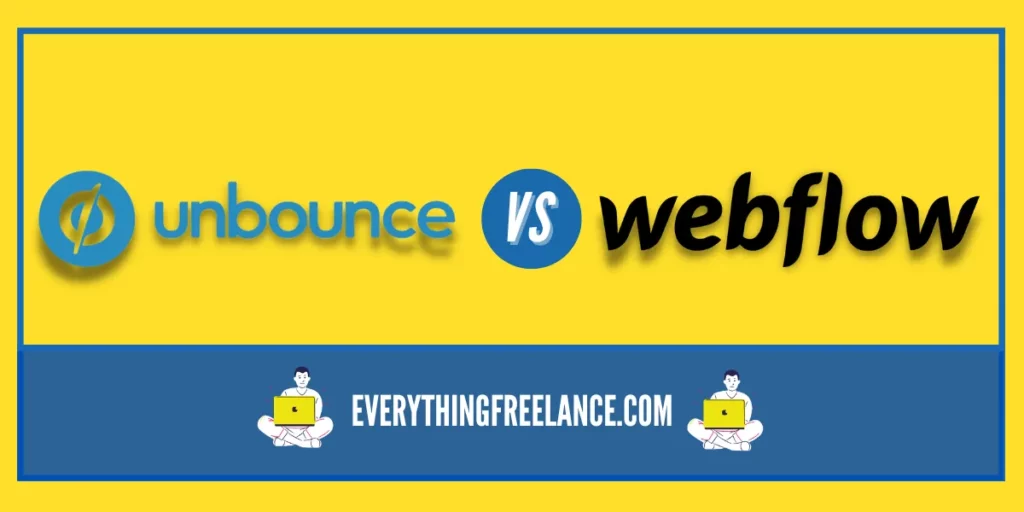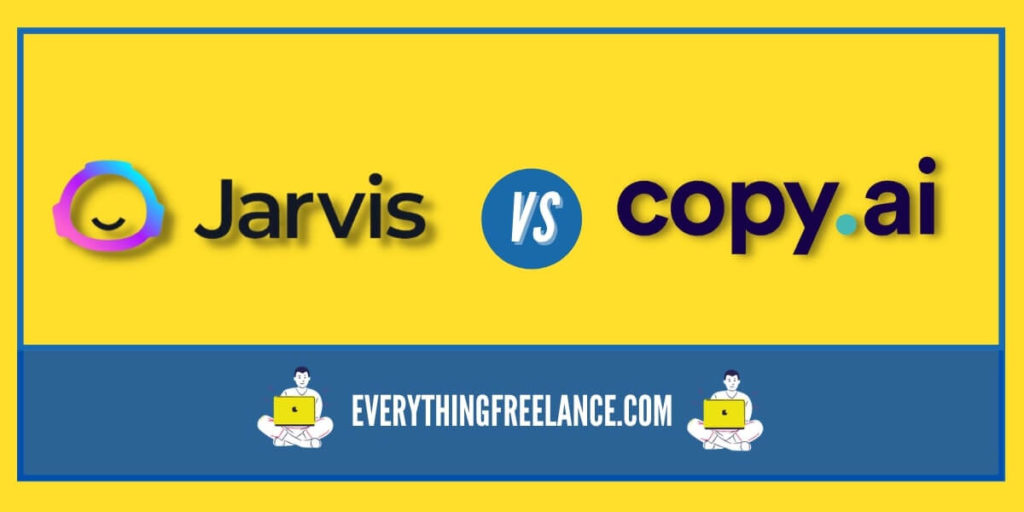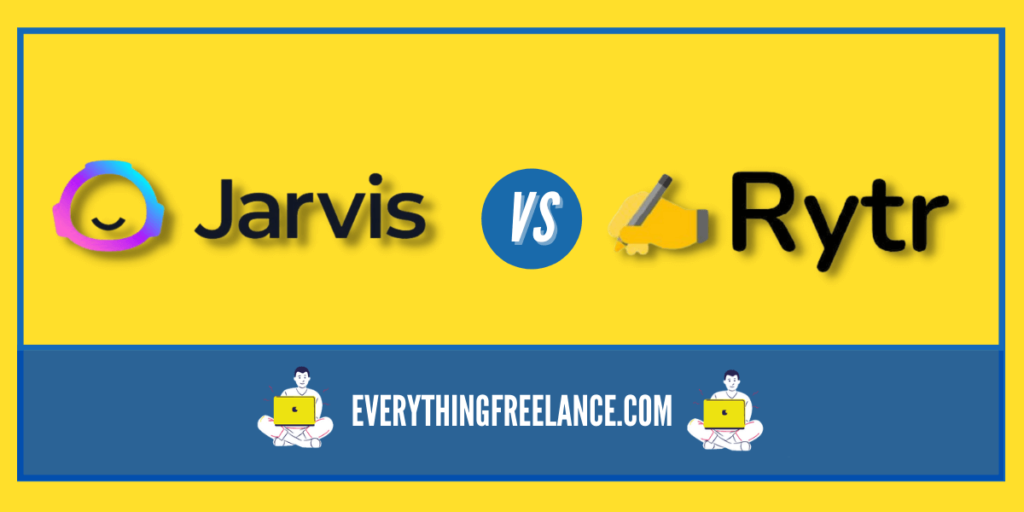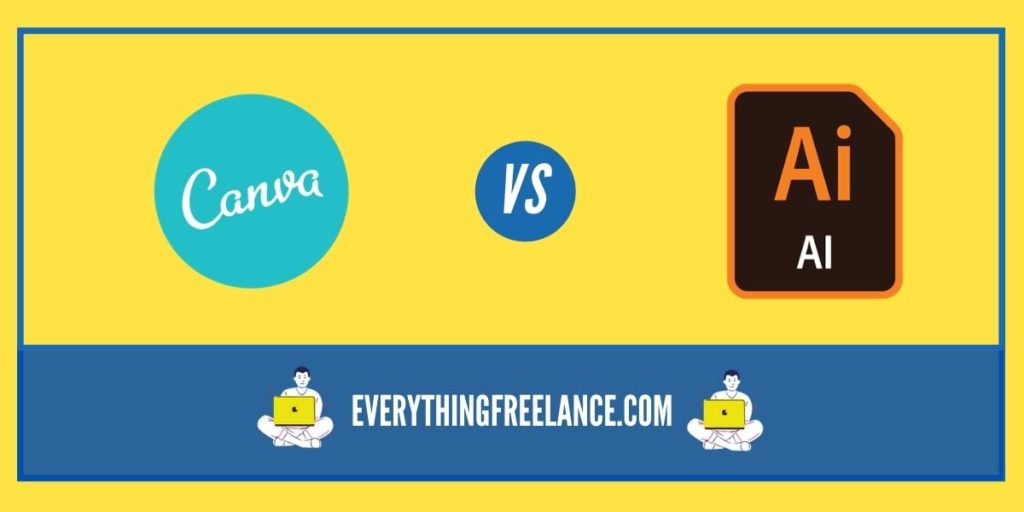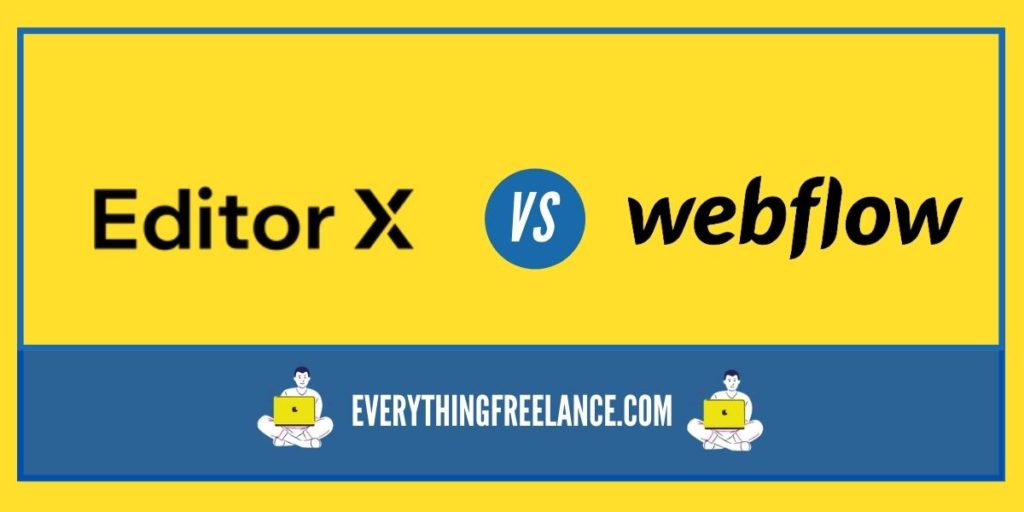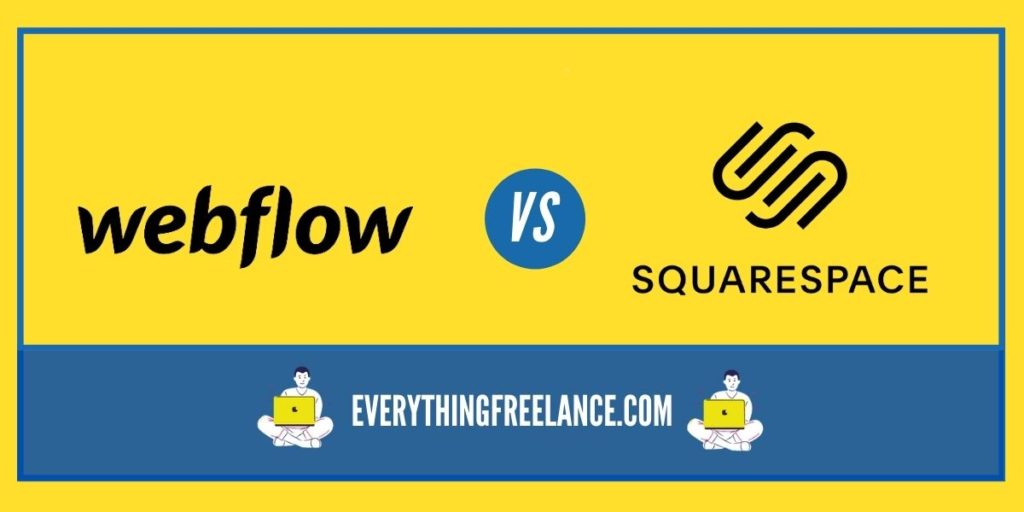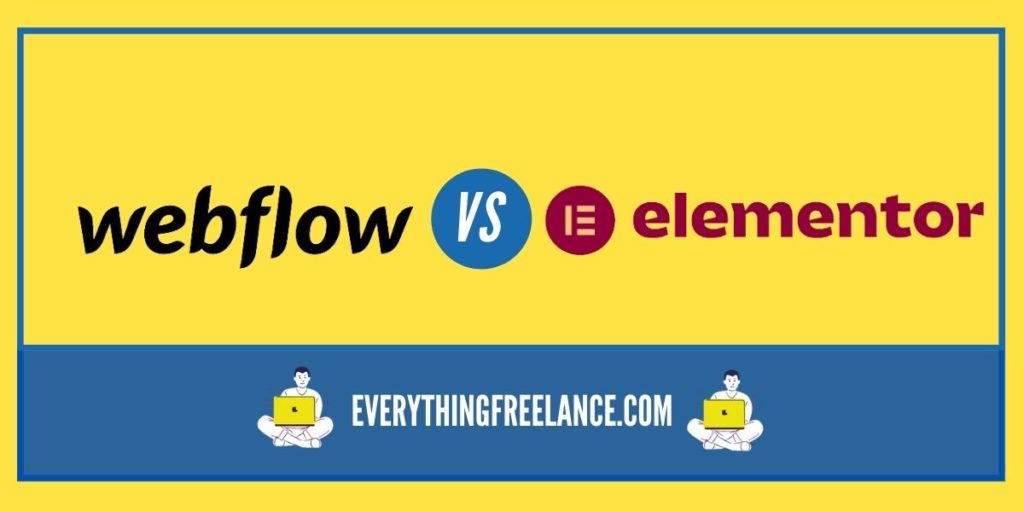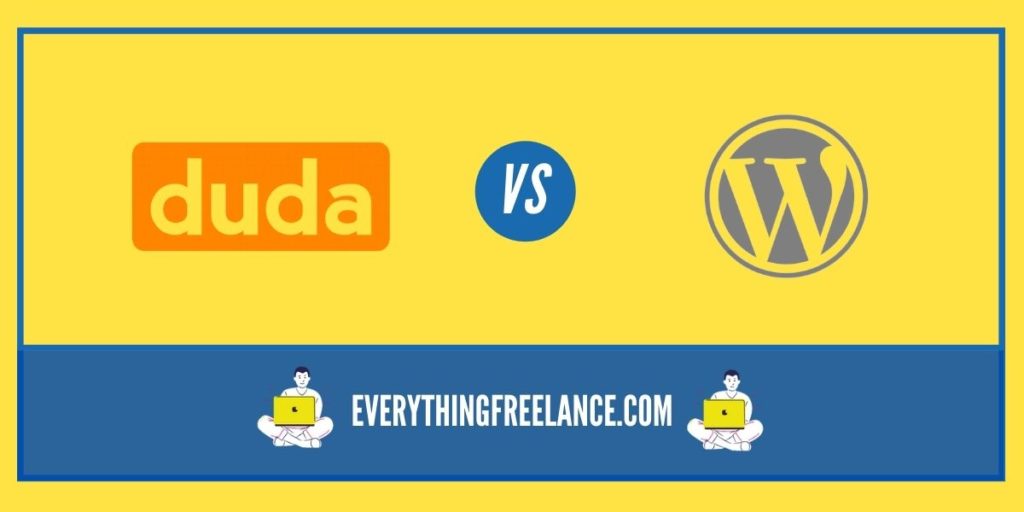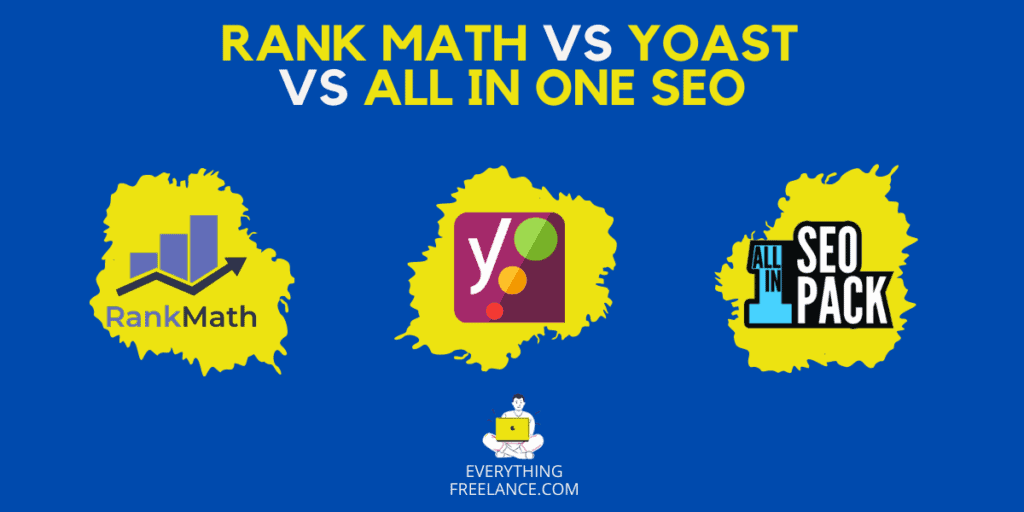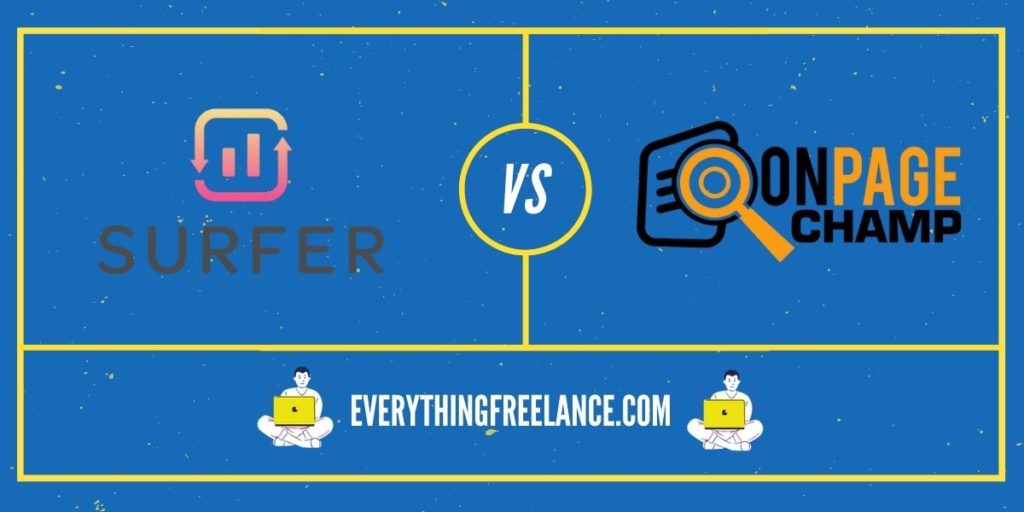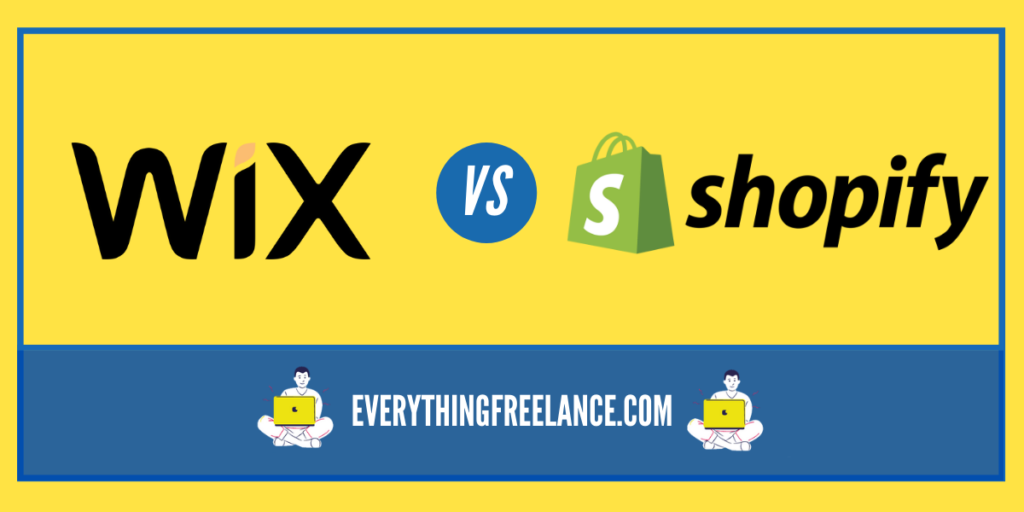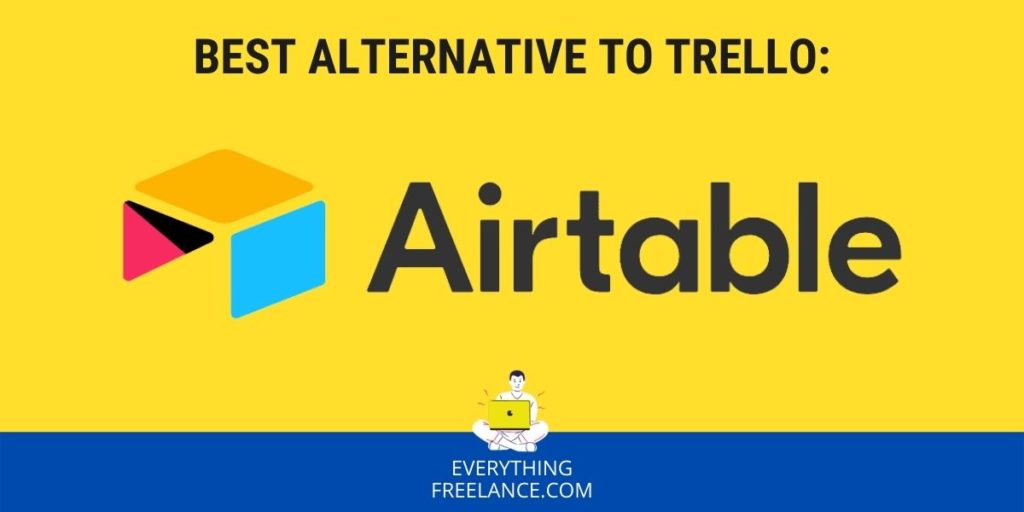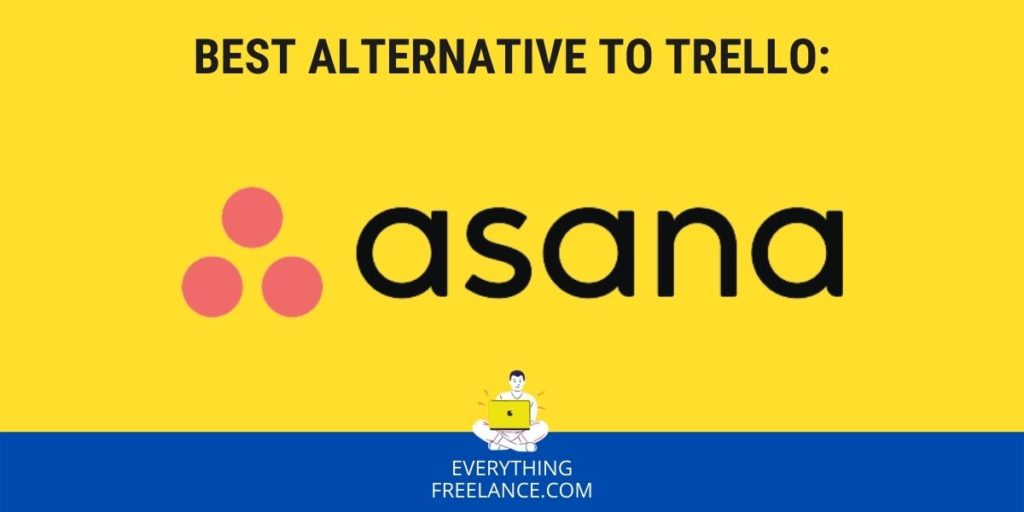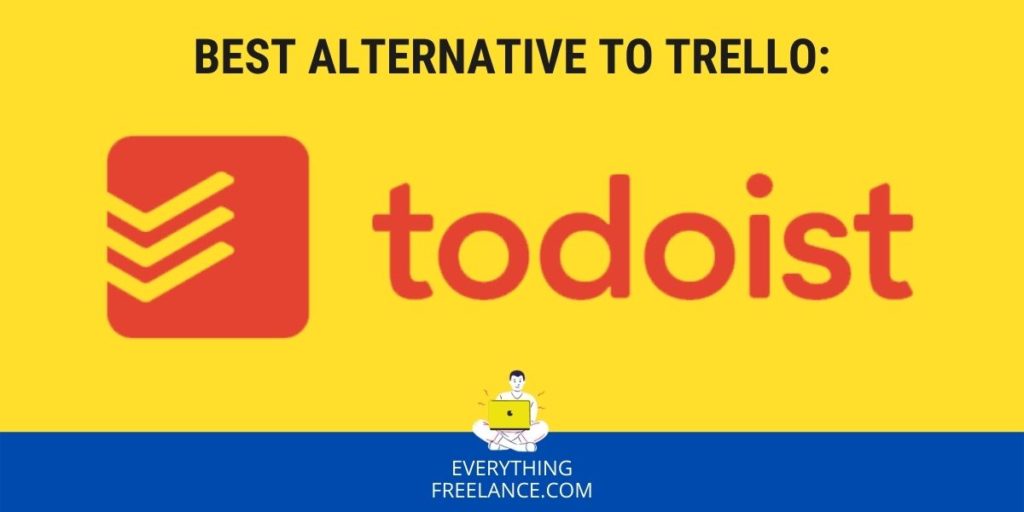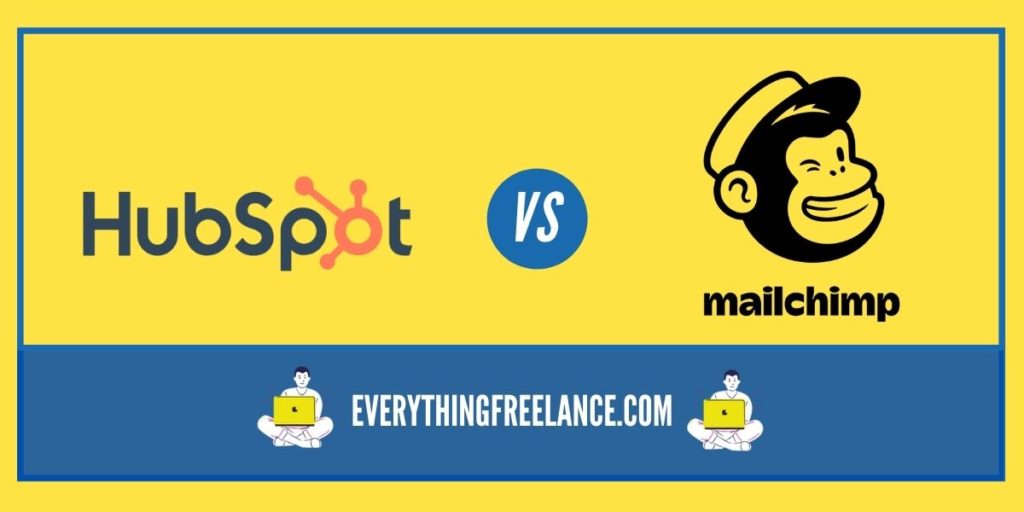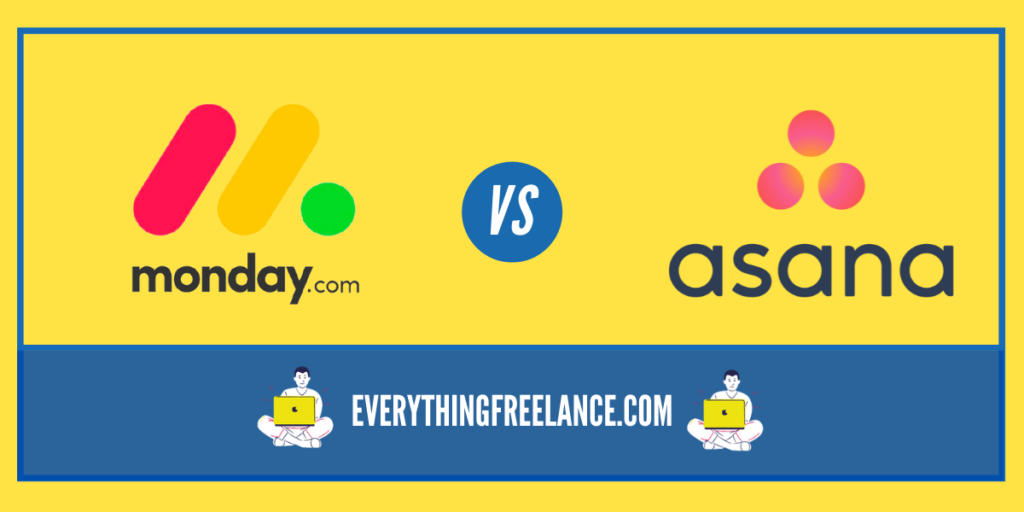

Introduction
In the current era for any business, SEO is extremely important. If you want to increase traffic on your website or expand your business, you have to work on your SEO strategies. But if you are new and just starting, it can be hard for you to handle it alone.
It includes keyword research and data analysis; SEO tools save you from those tedious tasks. With these tools, you can overview your strategy’s overall performance, and you can quickly evaluate it accordingly. It’s no longer hard to manage more than one website; SEO tools help you assess each site’s performance in one place. Choosing the right On-page SEO tool among hundreds of options is also complicated. That’s why we are going to give you a review and comparison of the two best SEO tools, i.e., Surfer SEO Vs. PageOptimizer PRO.
Surfer SEO Vs. PageOptimizer Pro: What is the difference?
Surfer is a cloud-based on-page optimization tool that gives you a lot of useful data by analyzing your page for 500+ on-page factors to rank it in the Google search engine. Additionally, it also helps you define and pick the ideal competitors for your evaluation through the SERP analyzer.
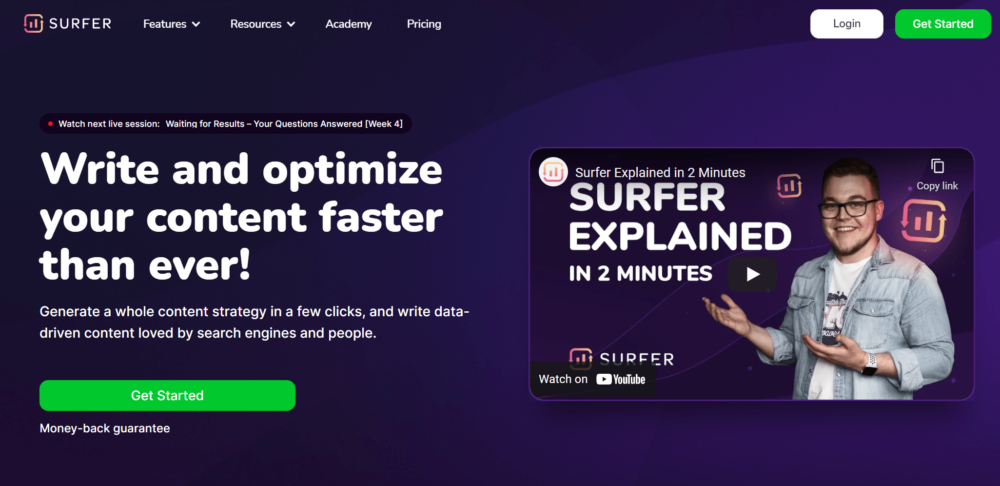
While on the other hand, PageOptimizer Pro (commonly known as POP) is also an on-page optimization tool that scans any page that you want to improve and provides recommendations for that improvement. Whether you want to improve SEO or compare your page with a competitor, it can be helpful in both cases.
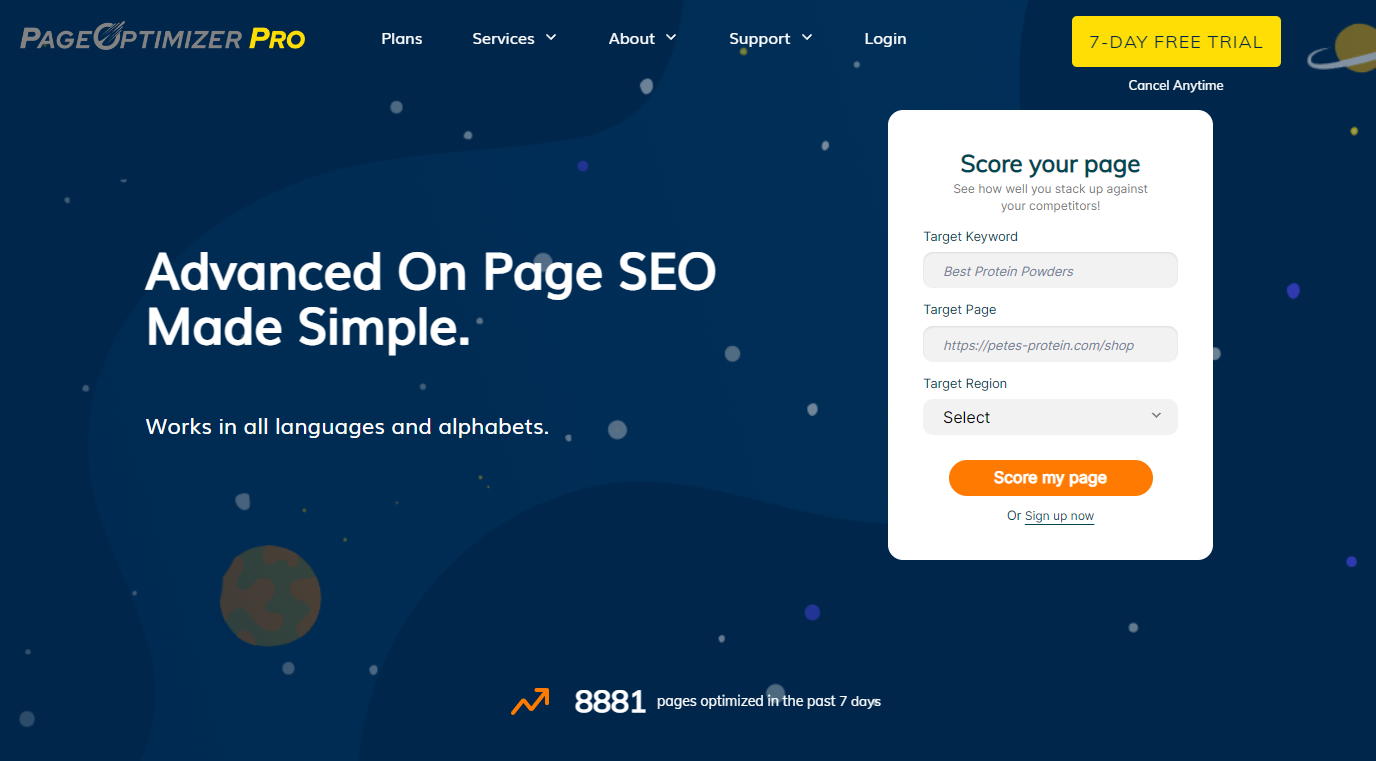
Surfer SEO Vs. PageOptimizer Pro: Content Optimization
Surfer optimizes content through its key feature that is the SERP analyzer. It provides you a detailed analysis for a given keyword by comparing your page with top-ranked websites. You can quickly figure out those factors which help your competitors in the ranking. The research by SERP analyzer includes:- Keywords – Surfer will provide you suggestions about the keywords related to your target keyword, which are trending.
- Text length – Text length has a significant impact on the SEO of any page; for that reason, it will suggest the number of words you should include in that article.
- Page Speed – Your page shall always load faster than your competitors. That’s why Surfer’s SERP analyzer provides you page load time.
- Elements – If you’re unable to meet the text length criteria offered by Surfer, then you can enhance your page’s SEO by adding the suggested number of components such as pictures, videos, etc.
- Title and Description – It includes suggestions related to title and meta description.
- Exact Keyword – It is a subtab that lists suggestions for how often you should use your exact main keyword in your on-page elements. Along with that, it will also provide information about whether you’re required to increase or decrease your primary keyword usage.
- Word Count – After comparing your page with the given competitor, it shows you an average word count.
- Alternative Recommendations – If you can’t meet the optimal word count criteria because of design or other factors. So, PageOptimizer Pro provides you suggestions on how you can fill that gap by adding other elements such as pictures, videos, etc.
- Site Structure – This tab only shows you how many of each component you should have on the page compared to your competitor.
- Summary – It is the final tab that allows you to download the complete report in excel form.
| Tool | Description | Focus |
|---|---|---|
| Surfer SEO | Analyzes top-performing pages and provides optimization recommendations based on content length, keyword usage, and semantic analysis. | Overall content strategy and semantic analysis. |
| Page Optimizer Pro | Analyzes top-performing pages and focuses on specific on-page optimization factors such as title tags, meta descriptions, headers, and image optimization. | Fine-tuning specific on-page optimization elements. |
Surfer SEO Vs. PageOptimizer Pro: Keyword Research
Each phrase can have the same results in Google; that’s why Surfer finds those keywords with the same search results. Along with it, Surfer provides SERP similarity and average search volume with each keyword. It also offers location-specific suggestions and has the functionality of more than twenty languages.| Tool | Keyword Research | Description |
|---|---|---|
| Surfer SEO | ✔ | Provides keyword research and analysis tools that allow you to identify relevant keywords and evaluate their potential for ranking. Also provides a Content Editor feature to optimize content for specific keywords. |
| Page Optimizer Pro | ✘ | Does not provide dedicated keyword research tools. Analyzes top-performing pages and provides recommendations for optimizing specific on-page elements such as title tags, meta descriptions, headers, and image optimization to indirectly improve keyword rankings. |
Surfer SEO Vs. PageOptimizer Pro: Content Creation
Surfer allows users to create optimized content from scratch by providing them a Google Chrome extension. Using that, one can write highly optimized content in Google Docs and efficiently implement the suggestions. While on the other hand, PageOptimizer Pro also has a Google Chrome extension, which means you get recommendations directly in the place you are editing. It not only works in Google Docs but also in all preferred content editors such as Elementor, Oxygen, Wix, Shopify, Magento, and many more. You can crawl any competitor page through the POP chrome extension at any time.| Tool | Content Creation | Description |
|---|---|---|
| Surfer SEO | ✔ | Offers a content editor that analyzes the top-ranking pages for a given keyword and provides recommendations for how to improve your own content to match or exceed those pages. Also provides a content planner tool that provides keyword research and helps with topic ideation. |
| Page Optimizer Pro | ✔ | Offers a content analysis feature, as well as a content brief builder that provides specific instructions on how to structure and optimize your content for a particular keyword. |
| Overall | – | Both Surfer SEO and Page Optimizer Pro offer content optimization tools to help with content creation. The specific features and usability may vary depending on your individual needs and preferences. |
PageOptimizer Pro done for you: A unique service
PageOptimizer Pro offers a “Done for you” service, which is relatively new in the SEO industry. Suppose you don’t have enough time to do the optimization yourself. In that case, you can hire their team to run PageOptimizer Pro for you, interpret the data, and draft easy to understand, step-by-step instructions about how to improve your SEO for better rankings.
Here is the complete summary of the features offered by Surfer and PageOptimizer Pro (POP):
| Surfer SEO | PageOptimizer Pro |
· It is a cloud-based on-page optimization tool. · It compares your pages with the top-ranked websites in the SERP. · It can automatically select the top-ranked pages for comparison. · Surfer provides questions related to your keyword. · Its chrome extension works in Google Docs. · It works for both small and large businesses. · Surfer has a very easy-to-use and user-friendly interface. · It is expensive as compared to PageOptimizer Pro. |
· POP is an on-page optimization tool that scans your page for a specific keyword. · You will have to enter your competitor’s domains manually, and the number is limited. · It doesn’t offer questions asked by the users in keyword research. · POP’s chrome extension works not only in chrome but in multiple editors. · It was designed for small businesses to compete with large enterprises. · As compared to Surfer SEO, its interface is hard to understand and less user-friendly. · It is the right choice for smaller agencies to have a low budget for SEO tools. |
Surfer SEO Vs. PageOptimizer Pro: Pricing
| Tool | Pricing |
|---|---|
| Surfer SEO | Offers three pricing plans: Basic, Pro, and Business. The Basic plan starts at $59/month, the Pro plan at $99/month, and the Business plan at $199/month. The main differences between the plans are the number of keywords and pages you can analyze and the number of users you can have on your account. |
| Page Optimizer Pro | Offers four pricing plans: Starter, Basic, Pro, and Agency. The Starter plan starts at $9/month, the Basic plan at $29/month, the Pro plan at $79/month, and the Agency plan at $199/month. The main differences between the plans are the number of analyses you can run, the number of websites you can use the tool for, and the number of users you can have on your account. |
Pricing Plans of Surfer SEO
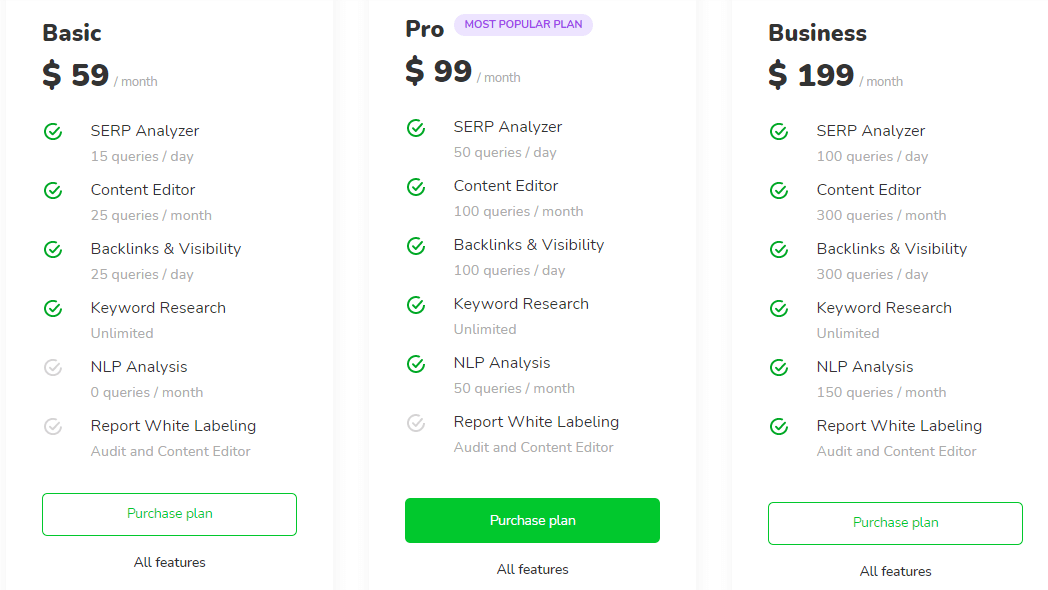
Pricing Plans of PageOptimizer Pro (POP)
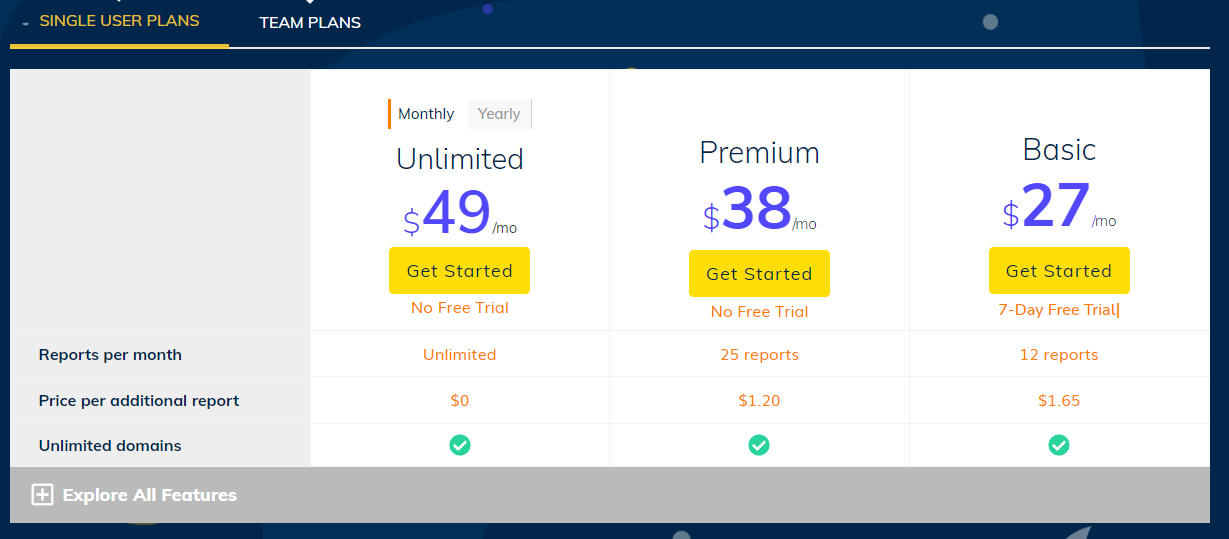
In Conclusion:
PageOptimizer pro was developed for smaller SEO agencies to be able to compete with larger SEO enterprises. Kyle Roof was the man behind this fantastic tool. If you’re new and have a low budget for SEO tools, then this tool is the right choice for you. But it lacks certain features such as providing questions related to the main keyword and not choosing competitors by itself. If you are an established digital marketer, you should go for Surfer SEO to utilize every feature, which is the modern SEO industry’s need.


